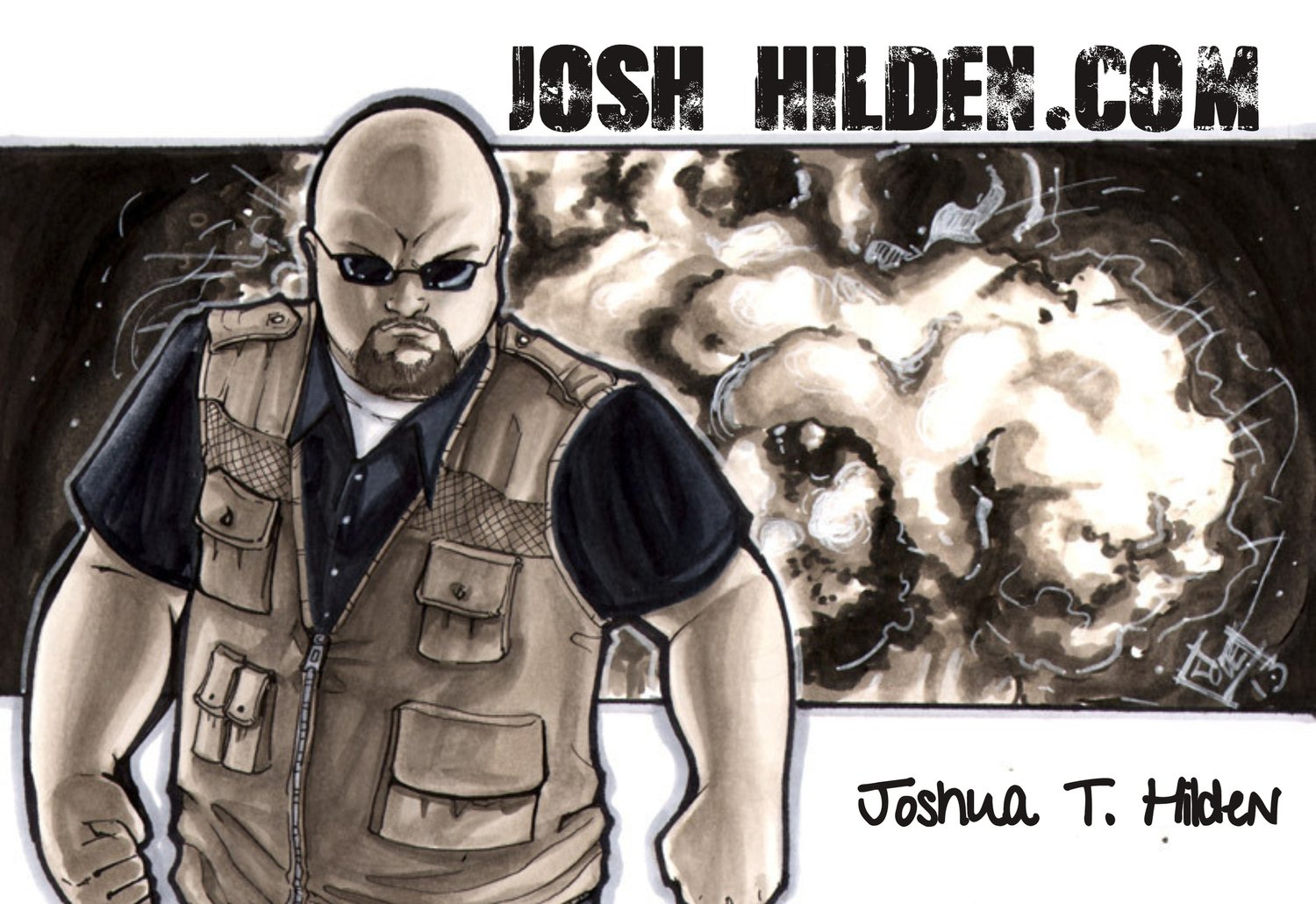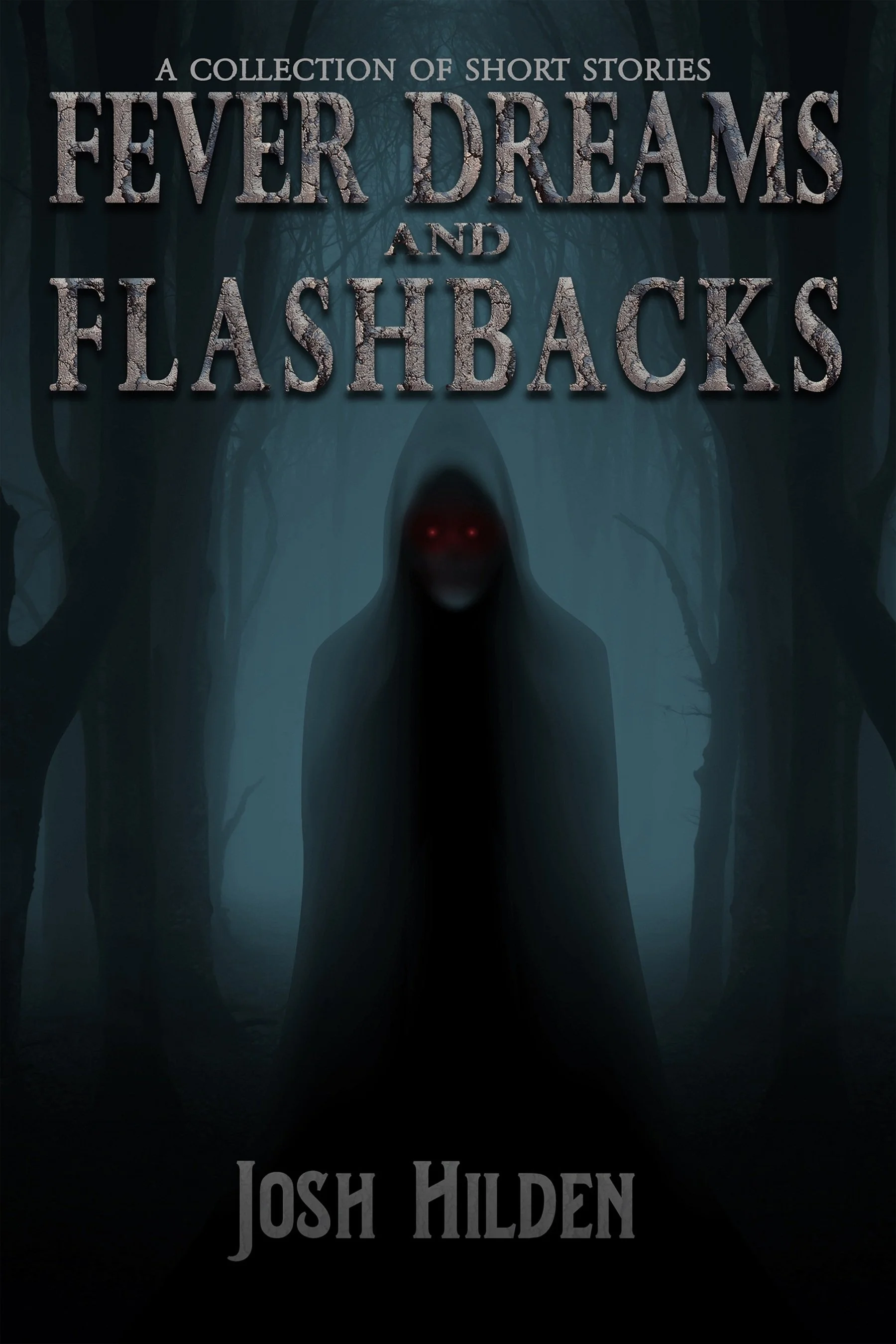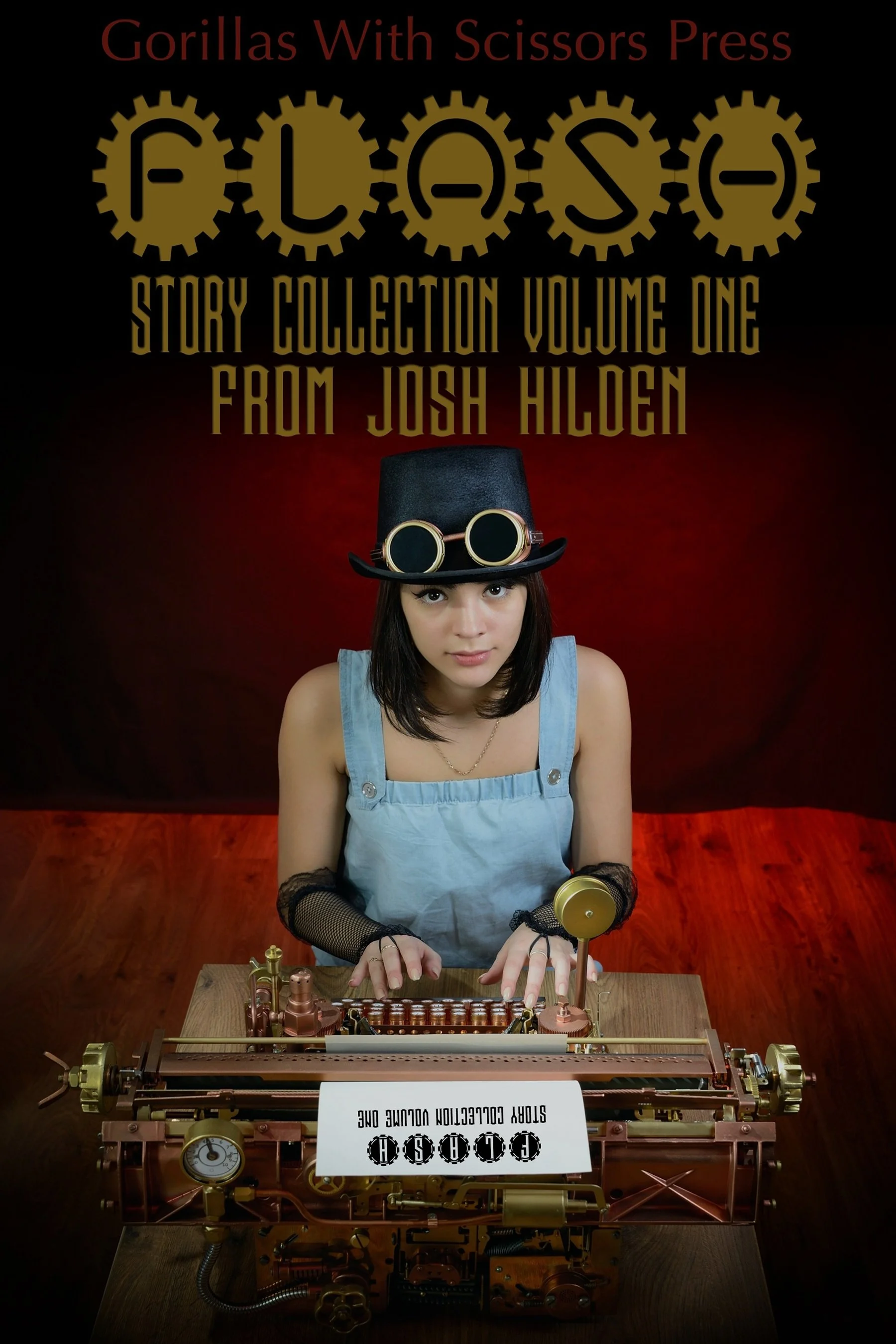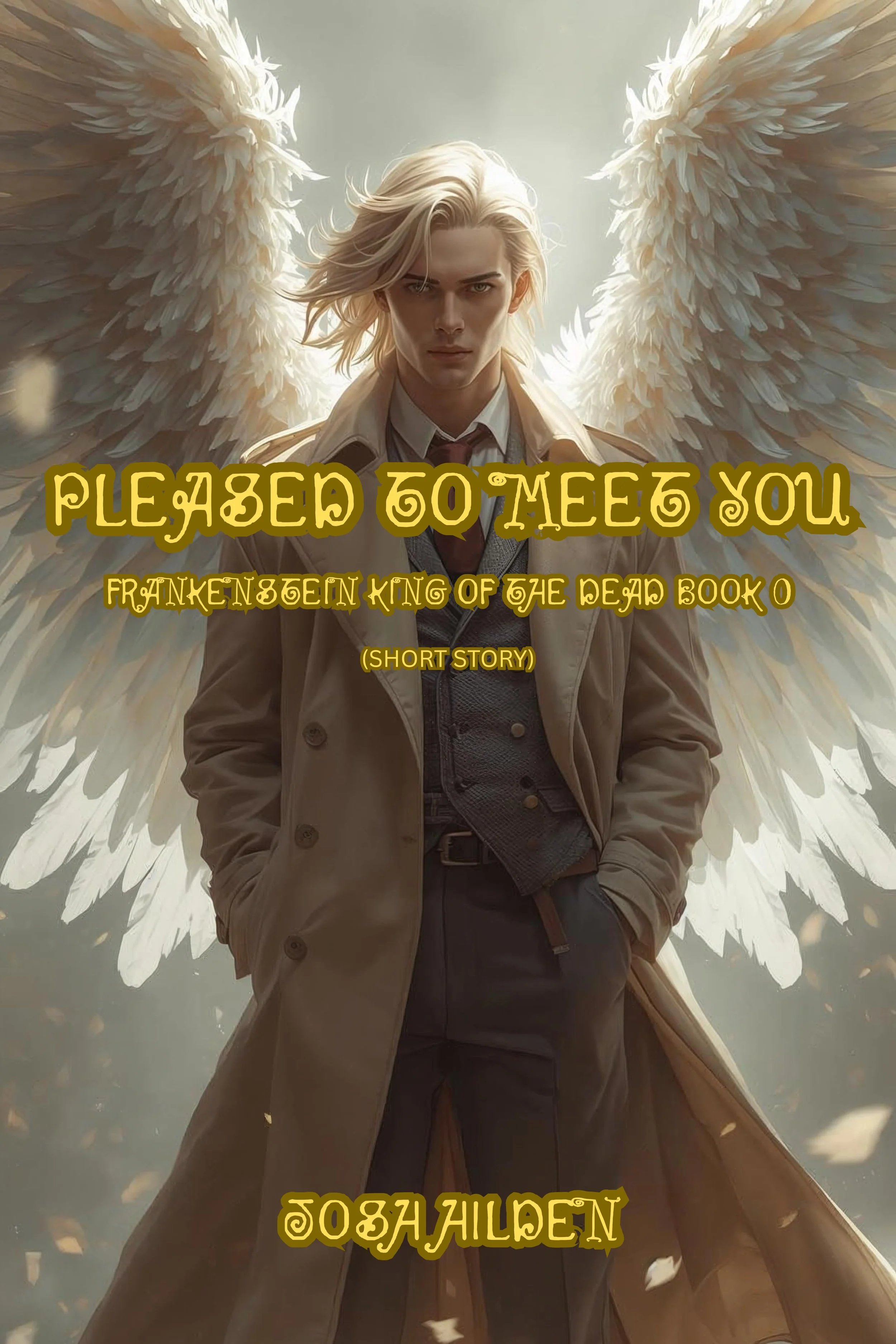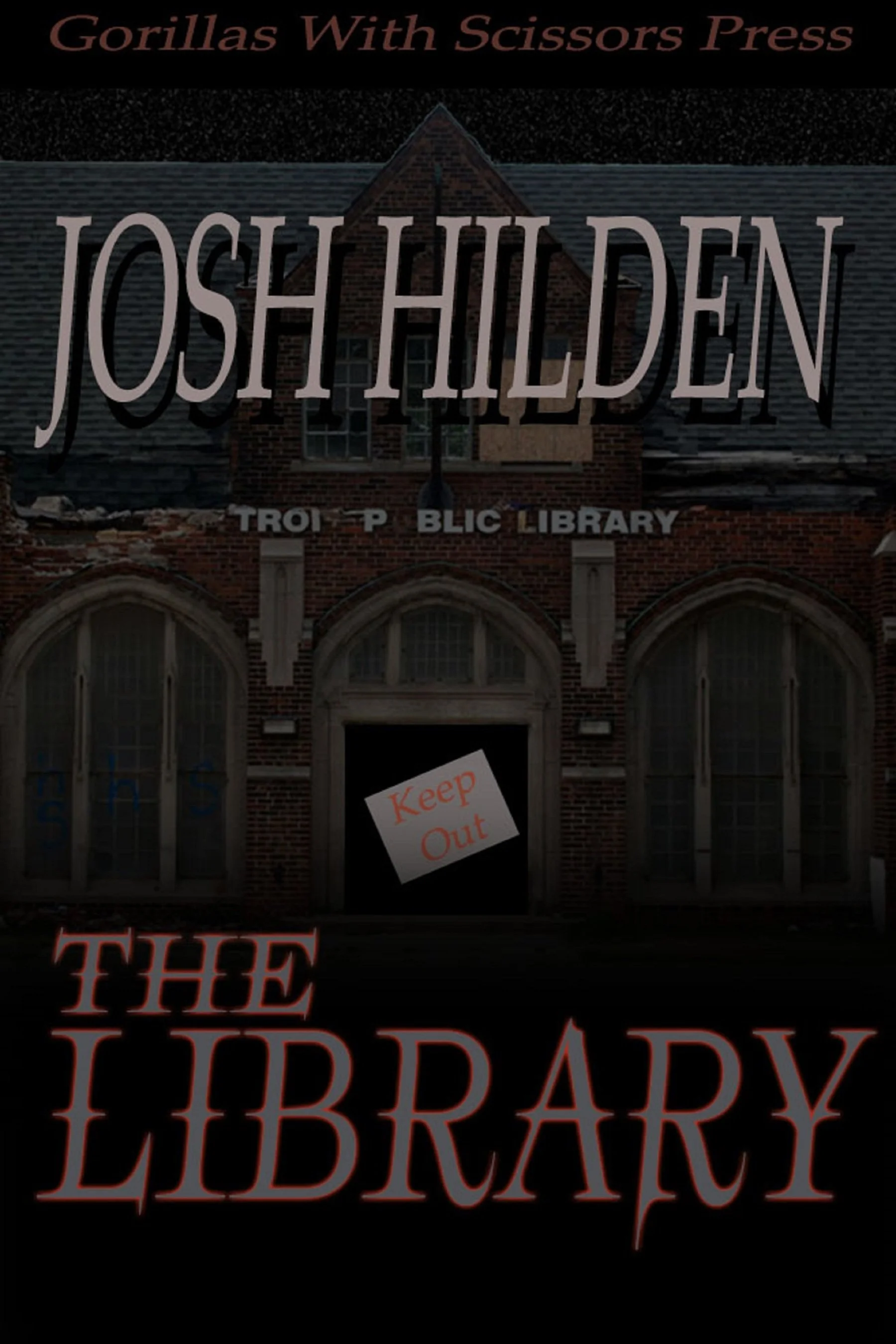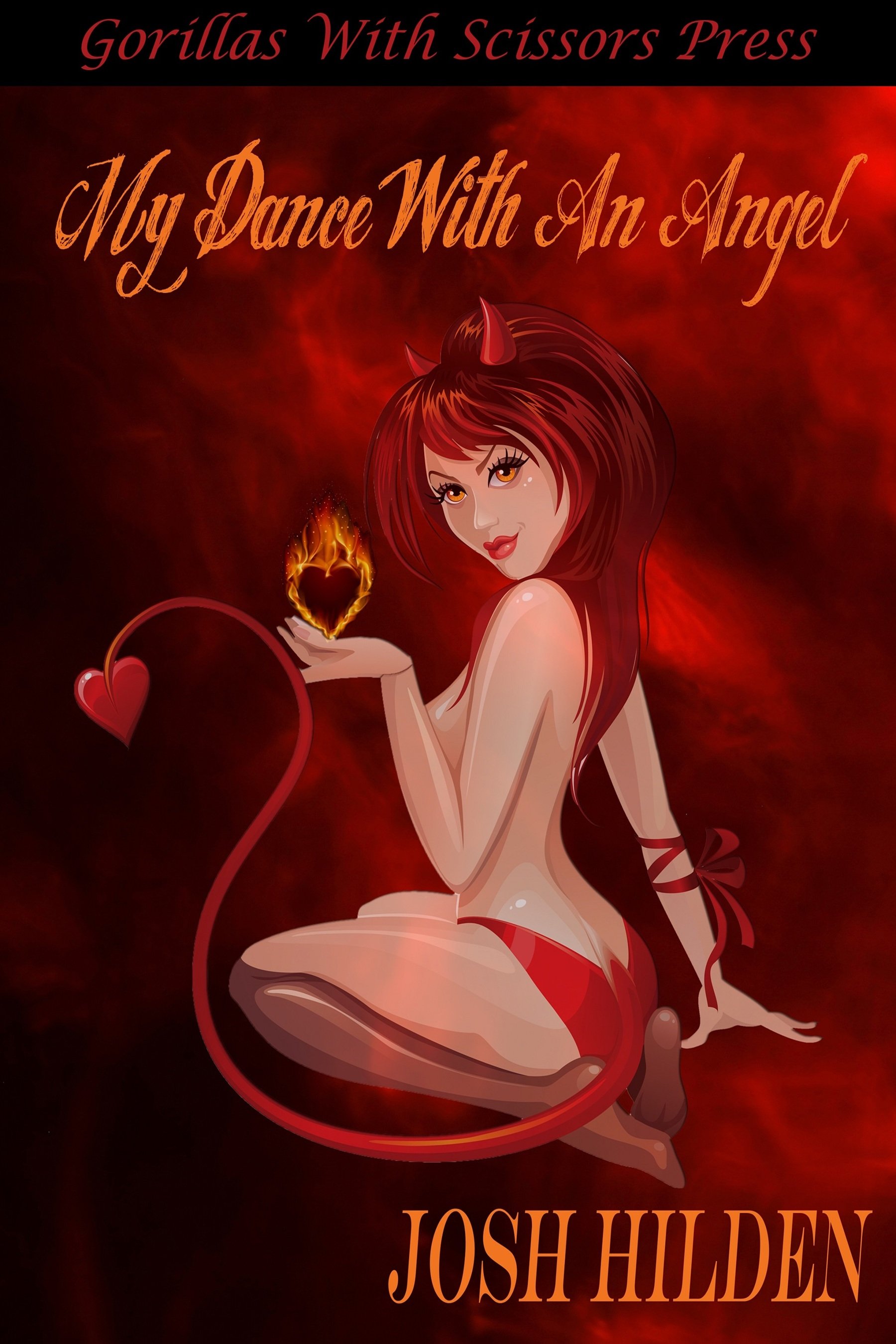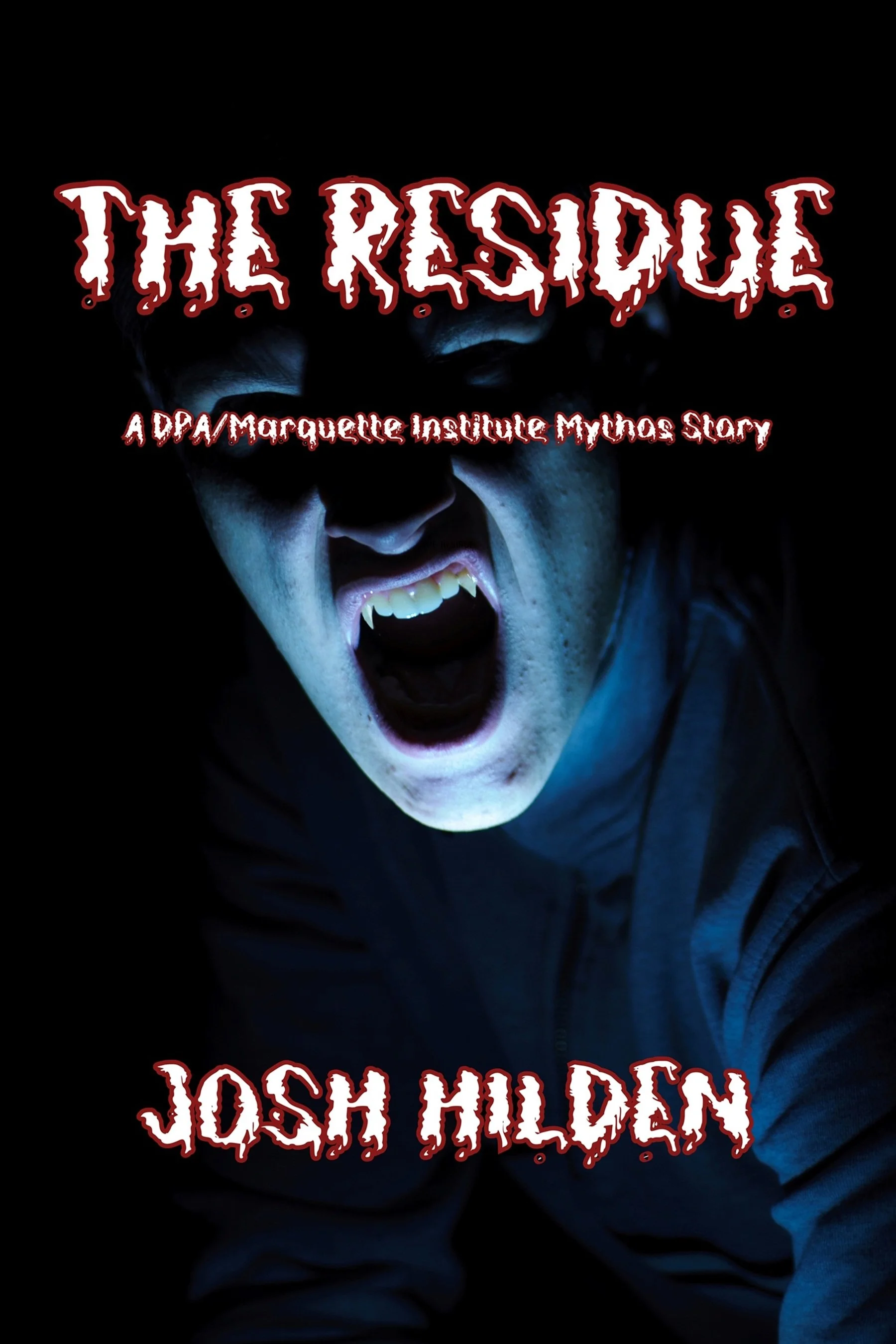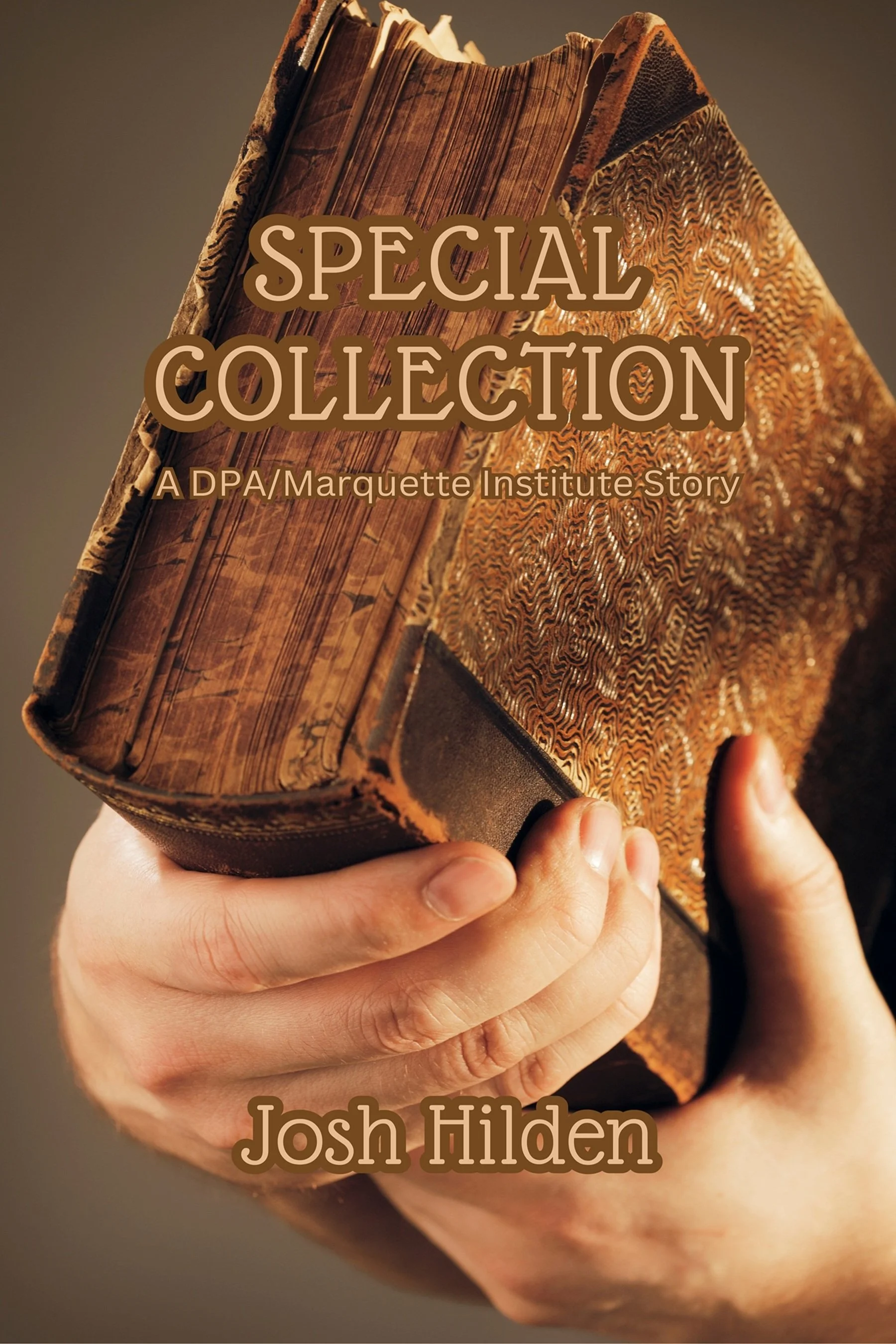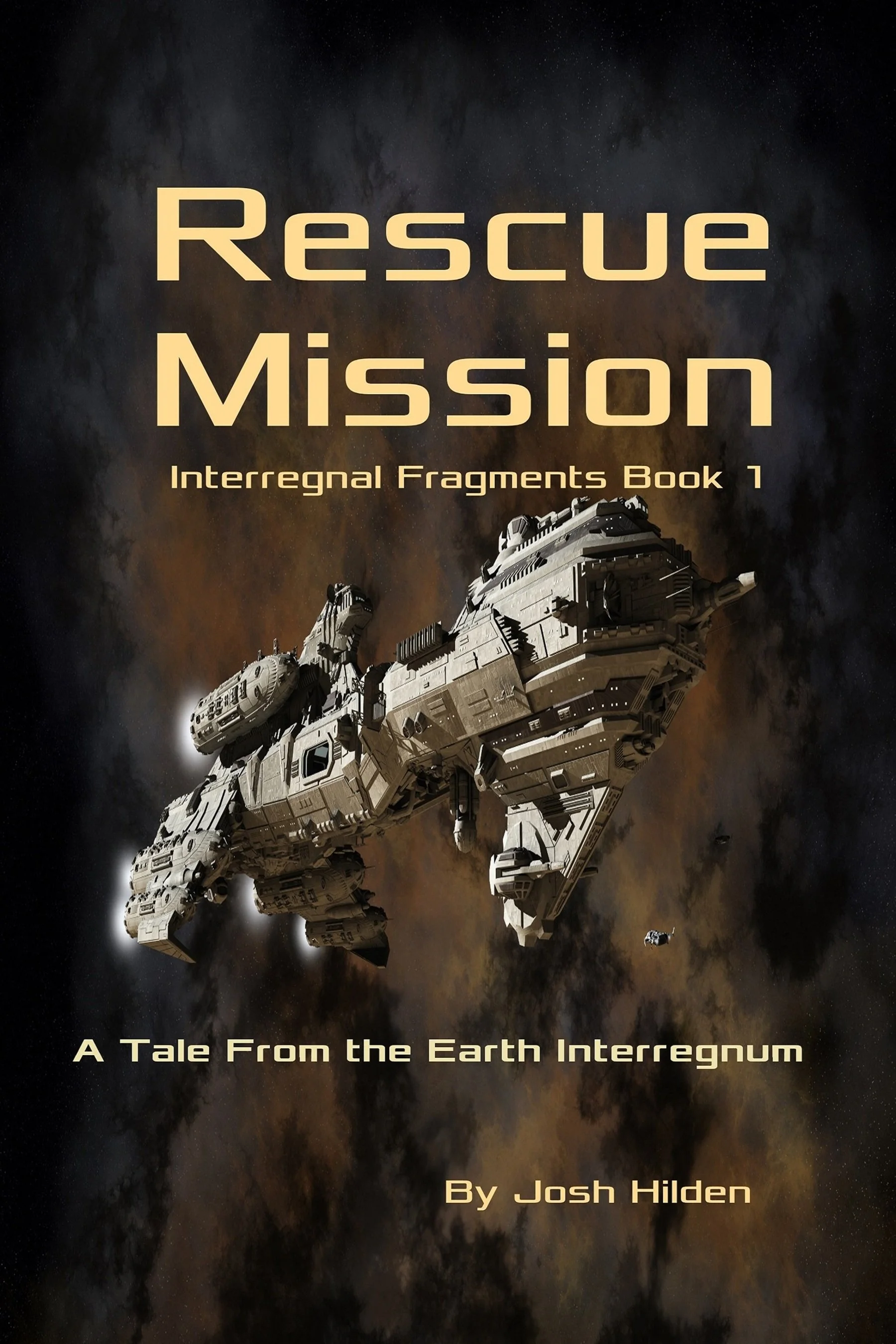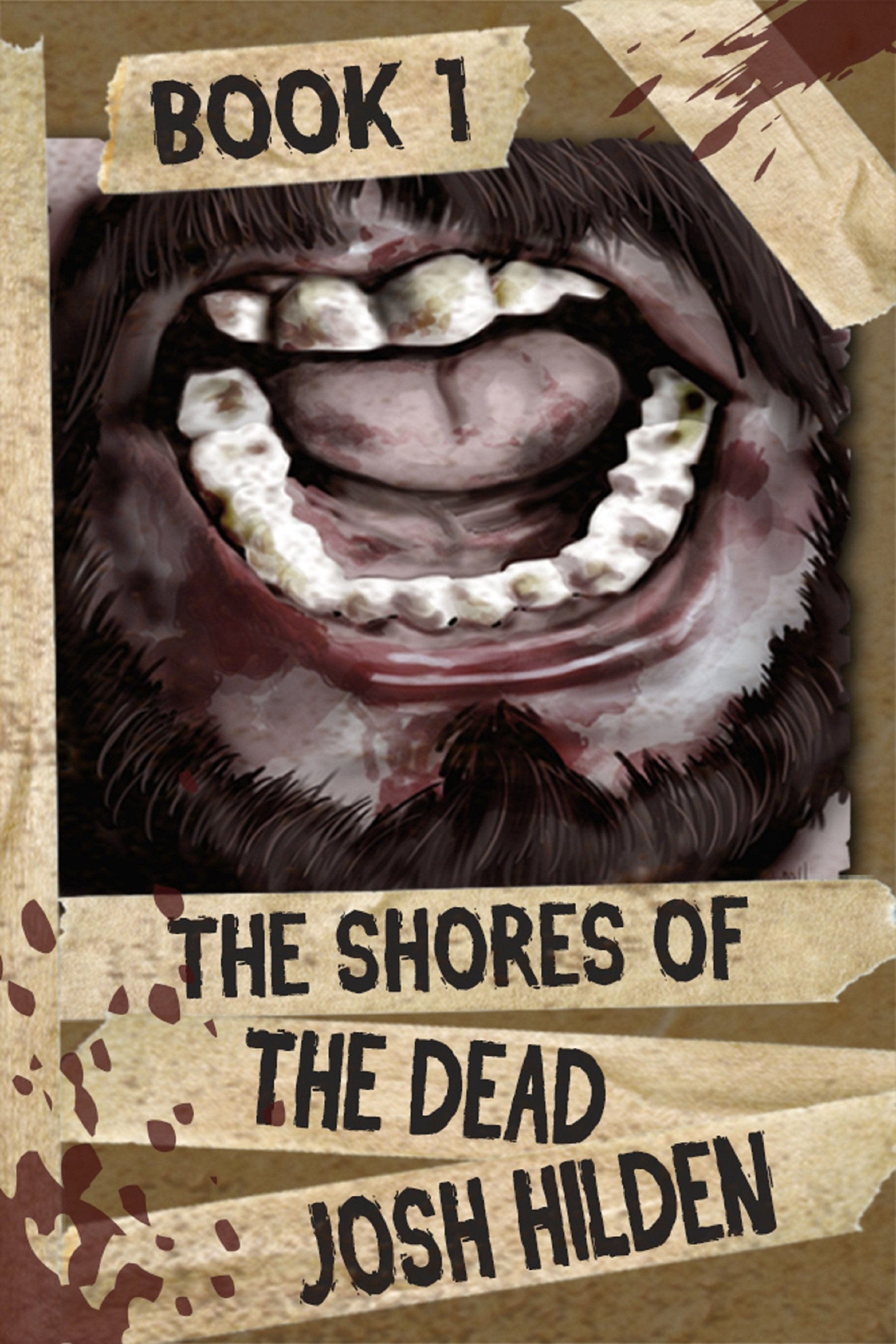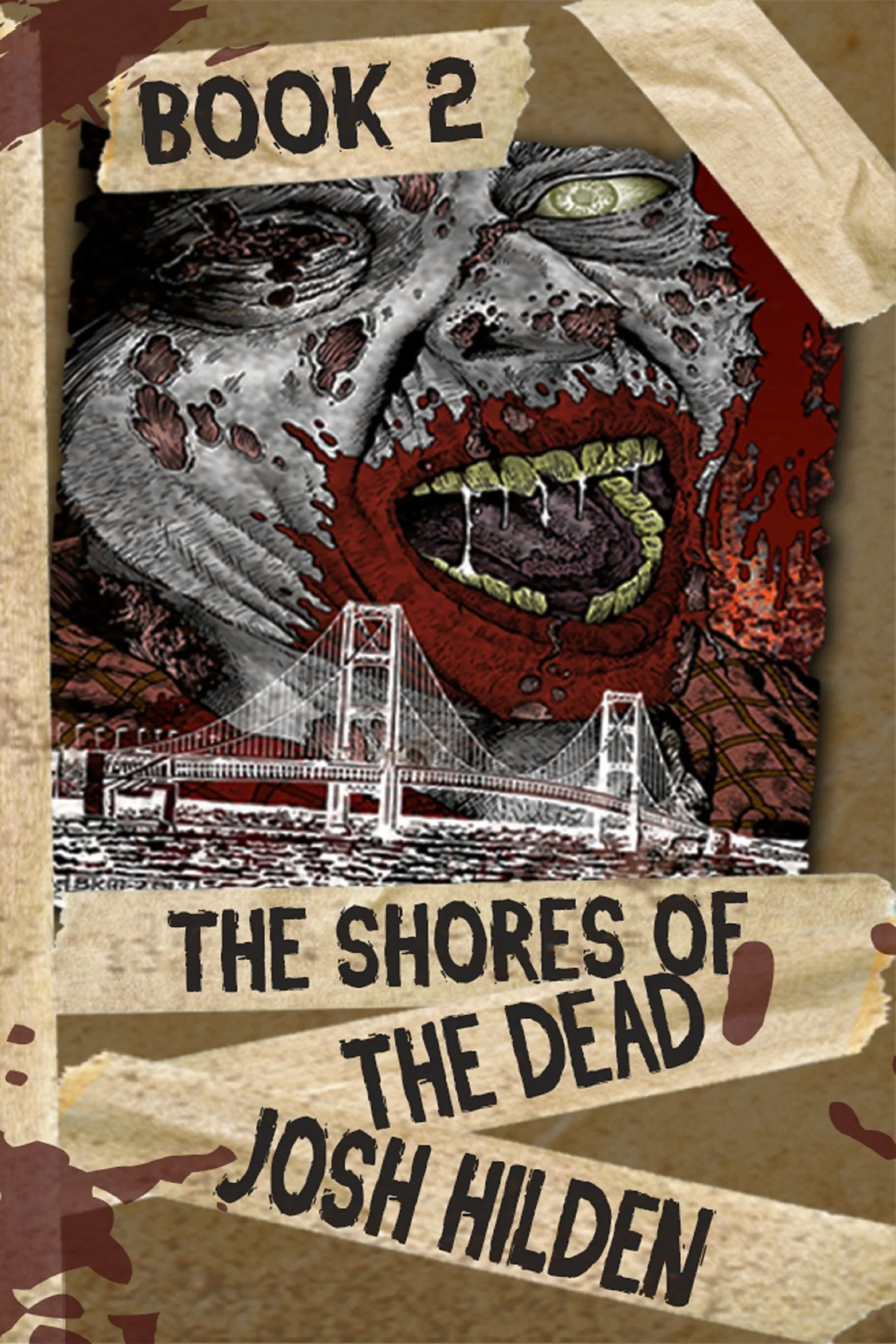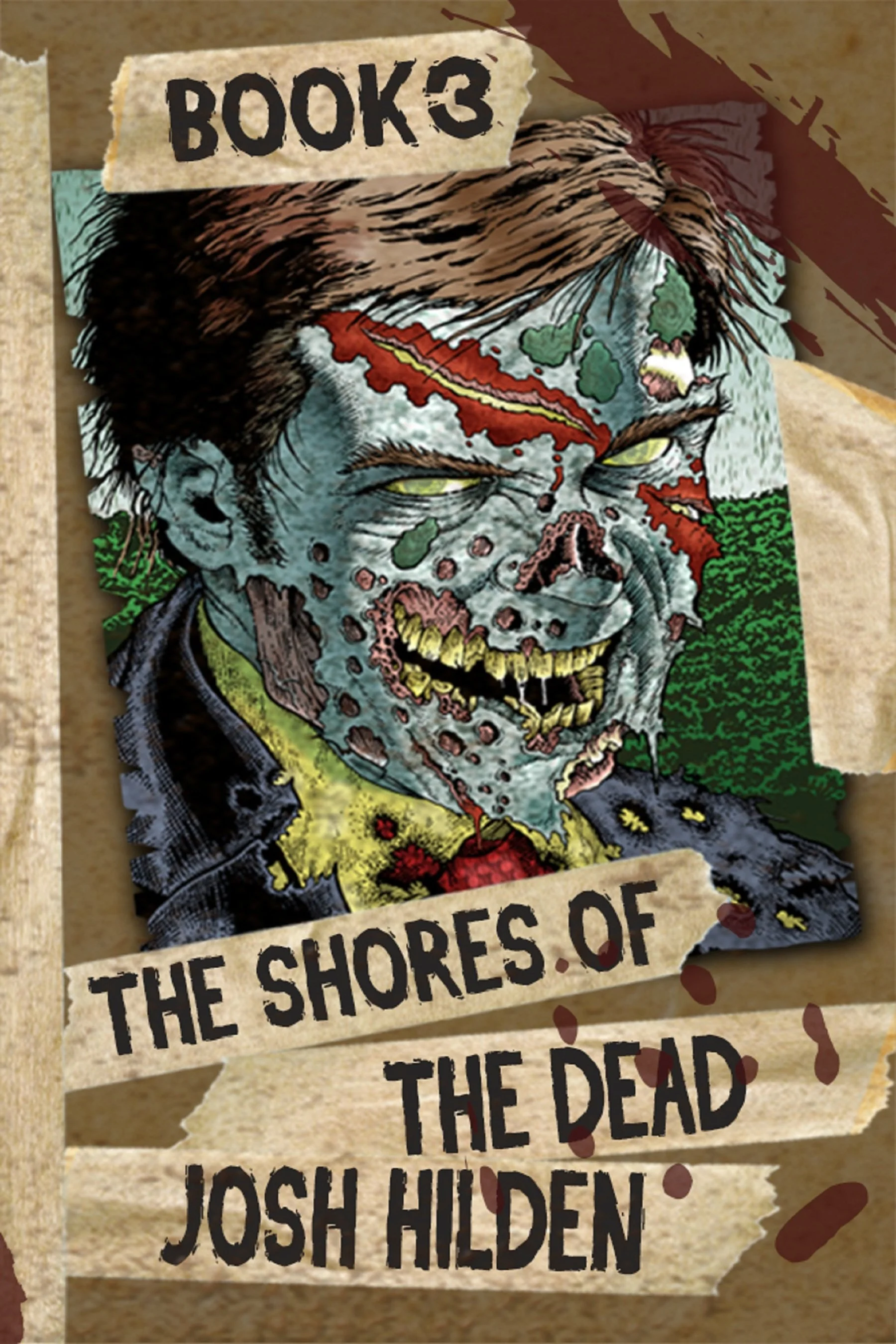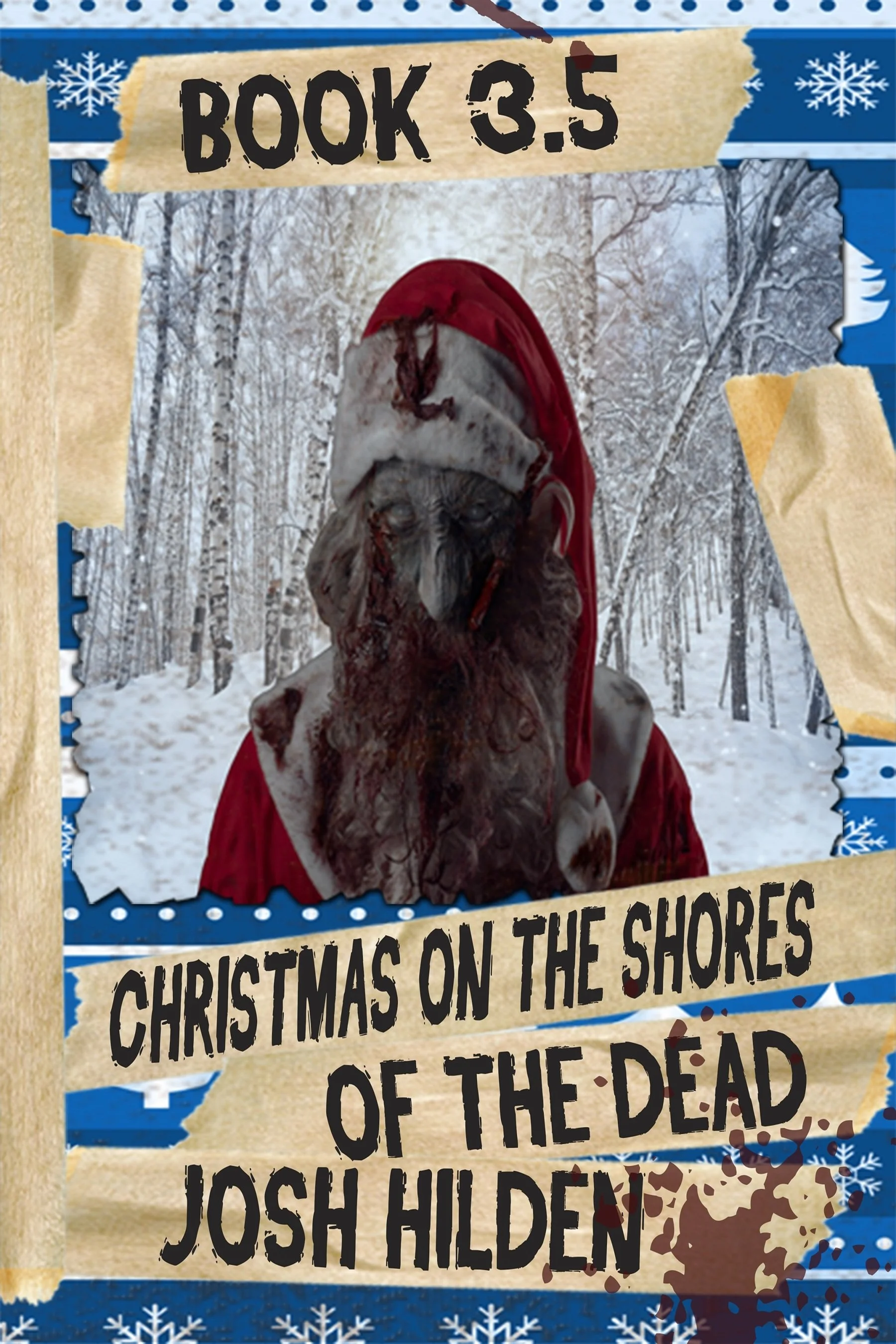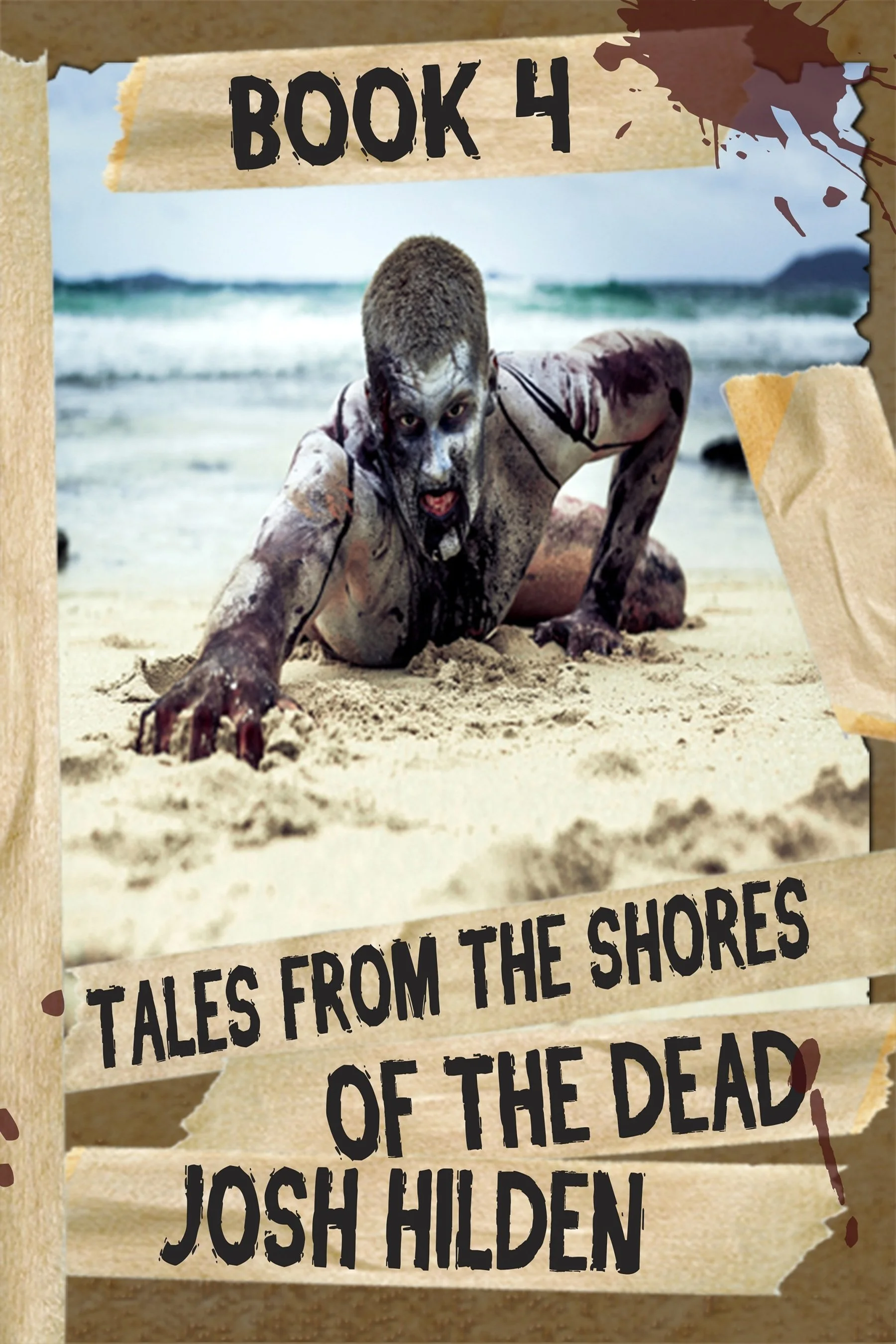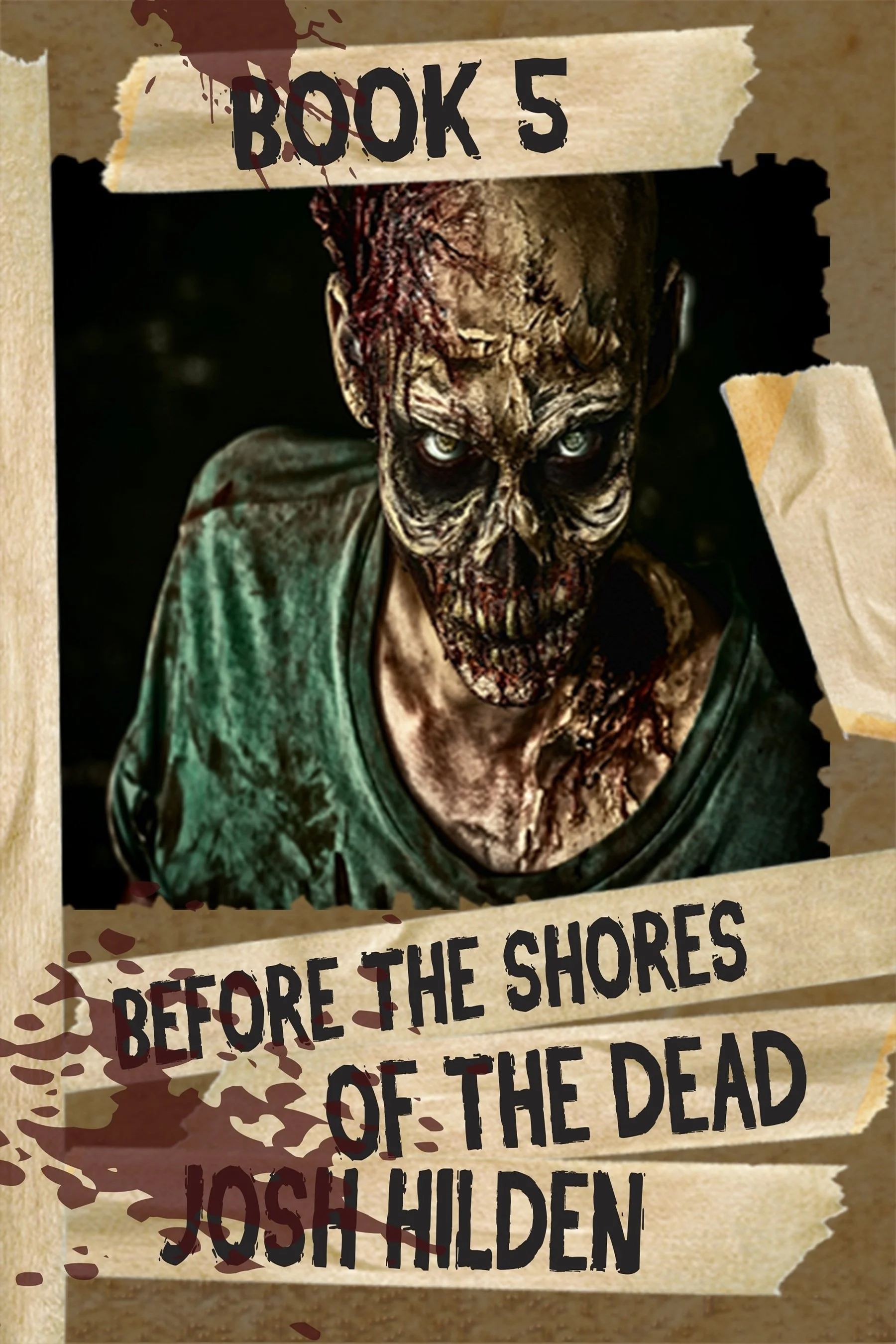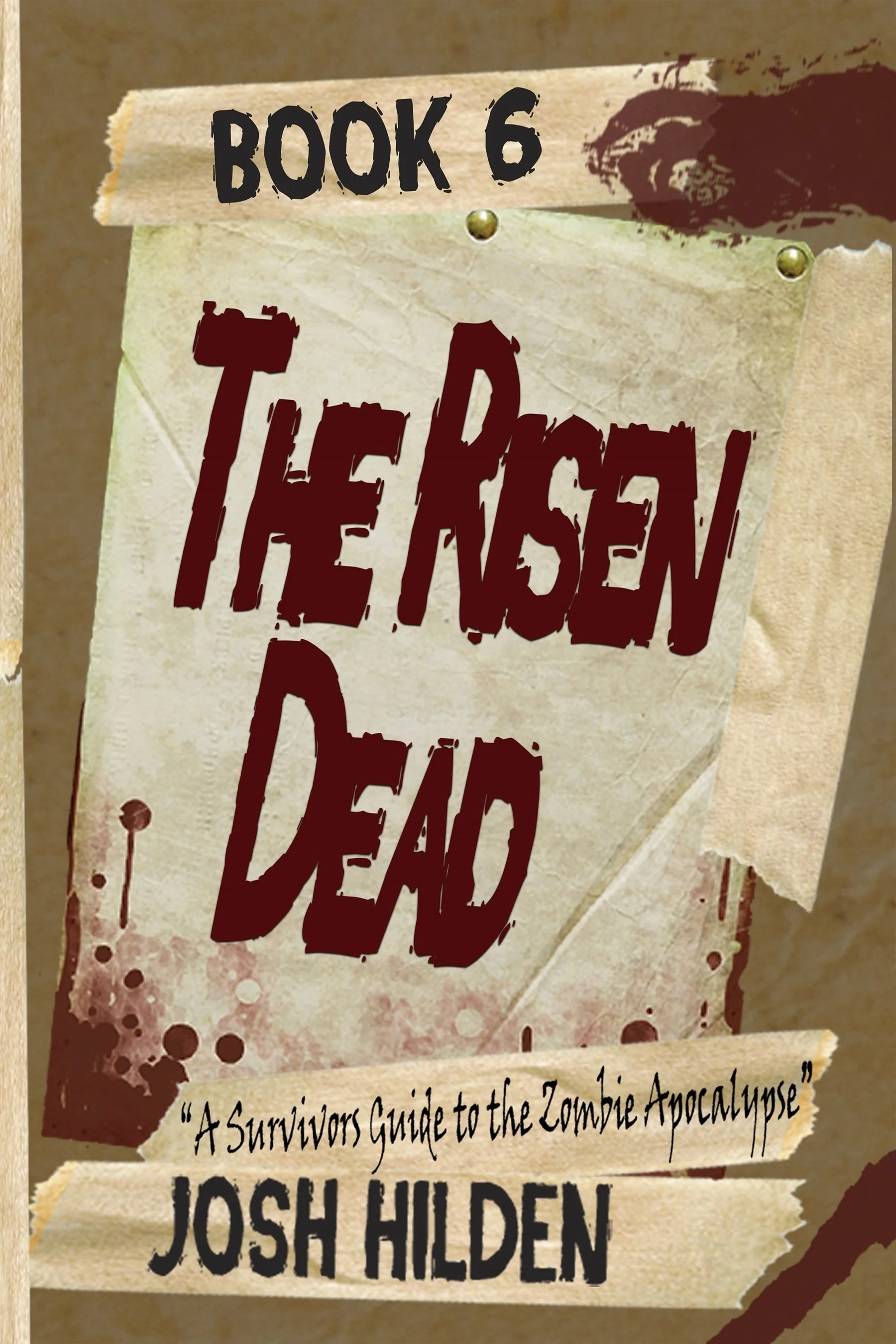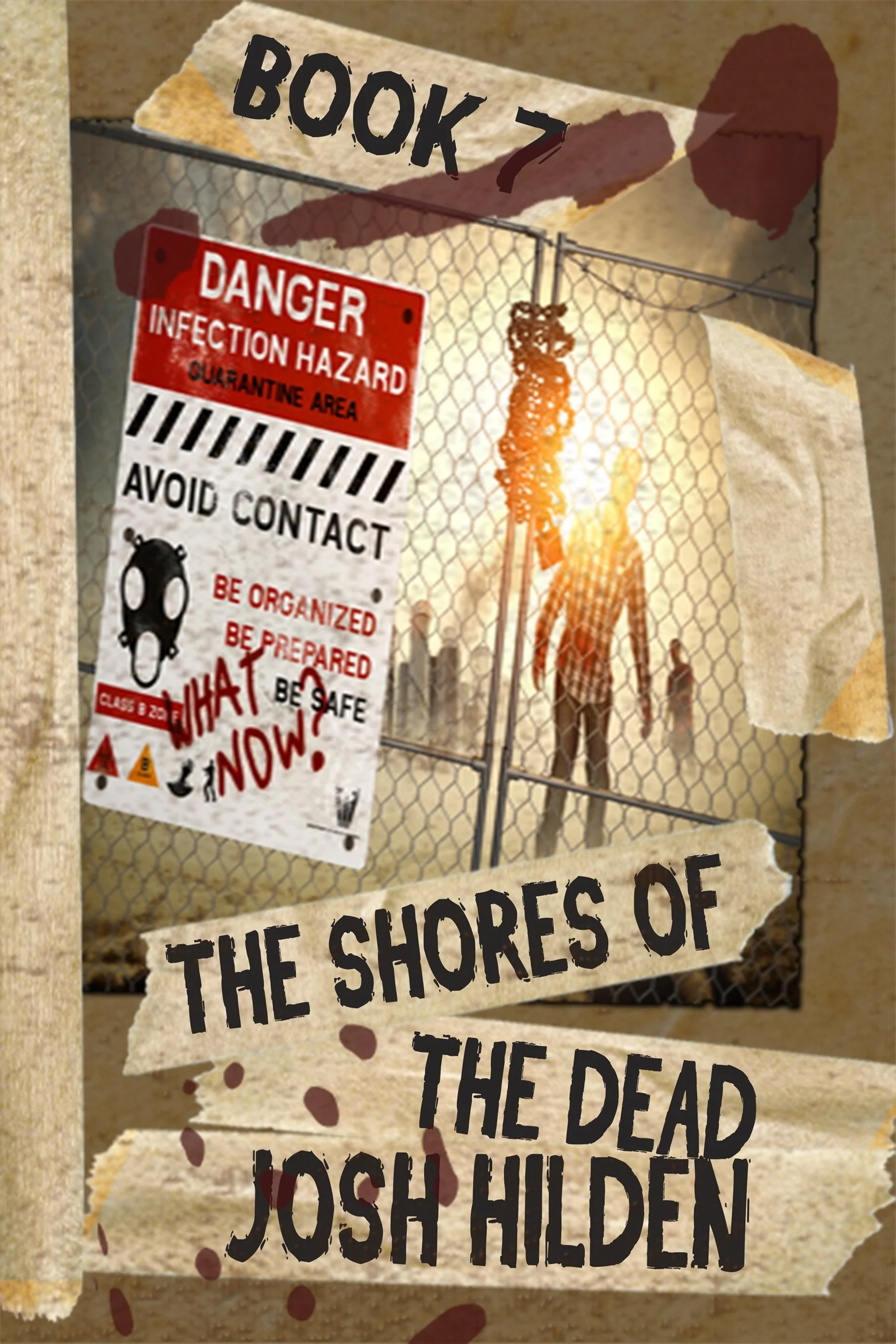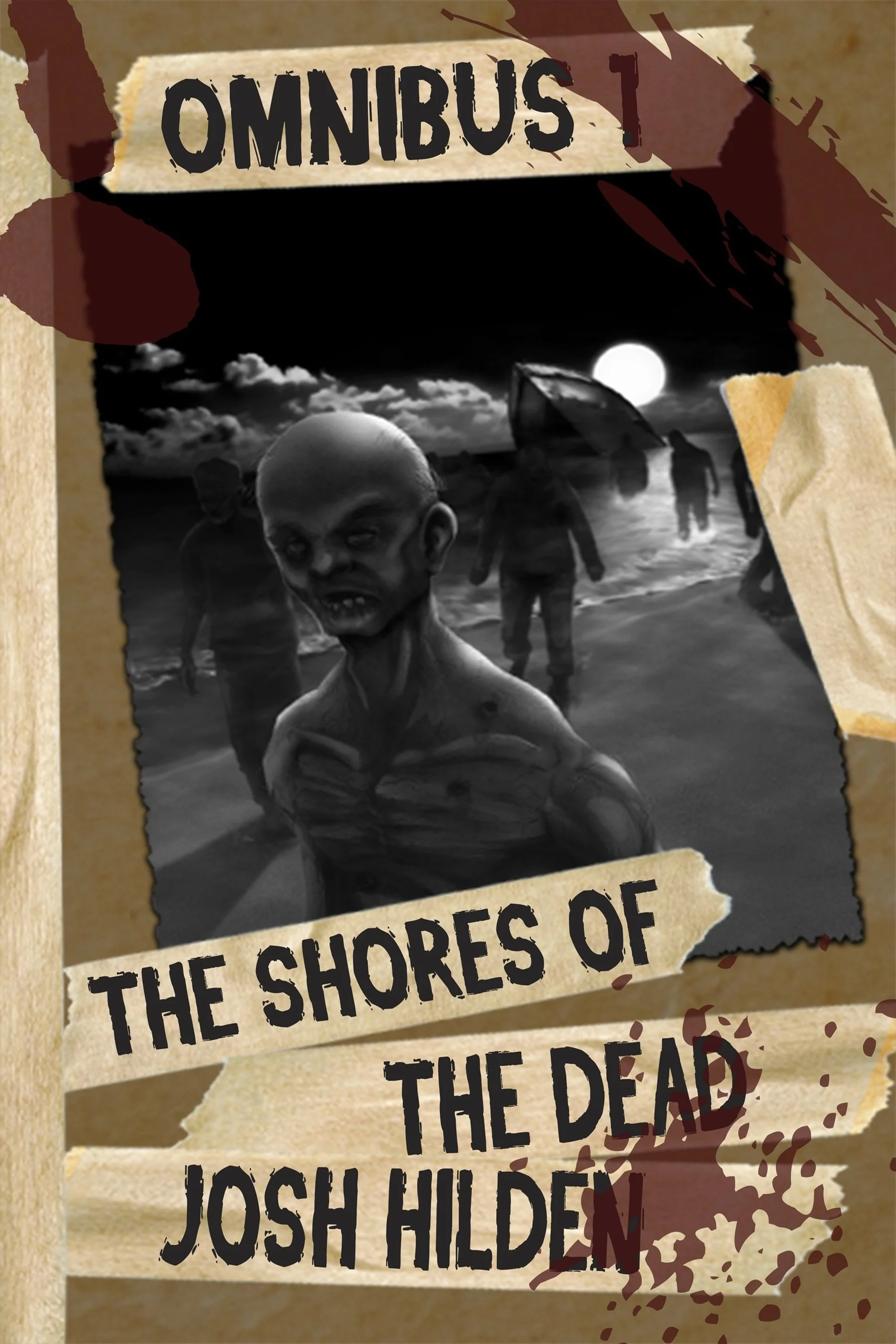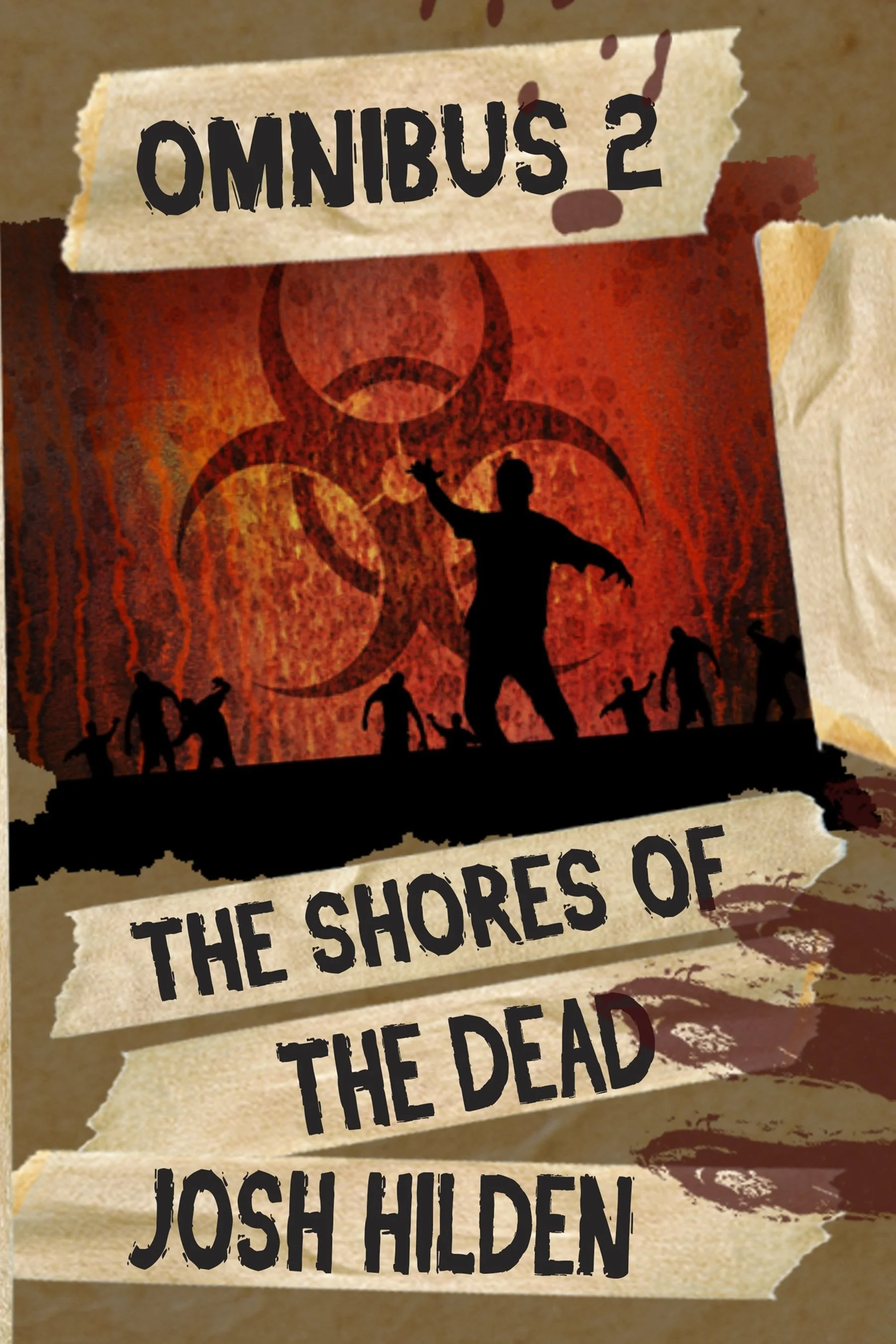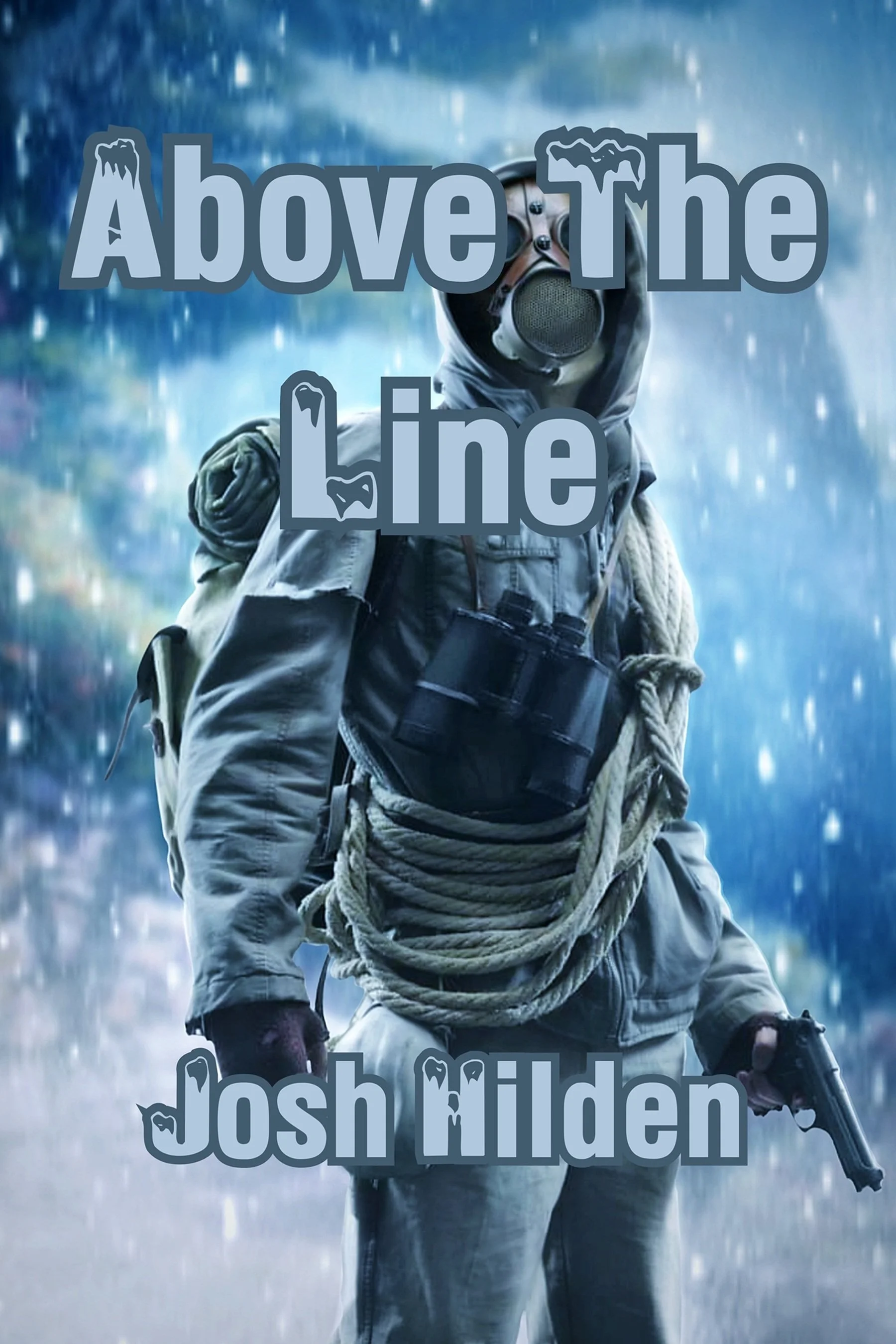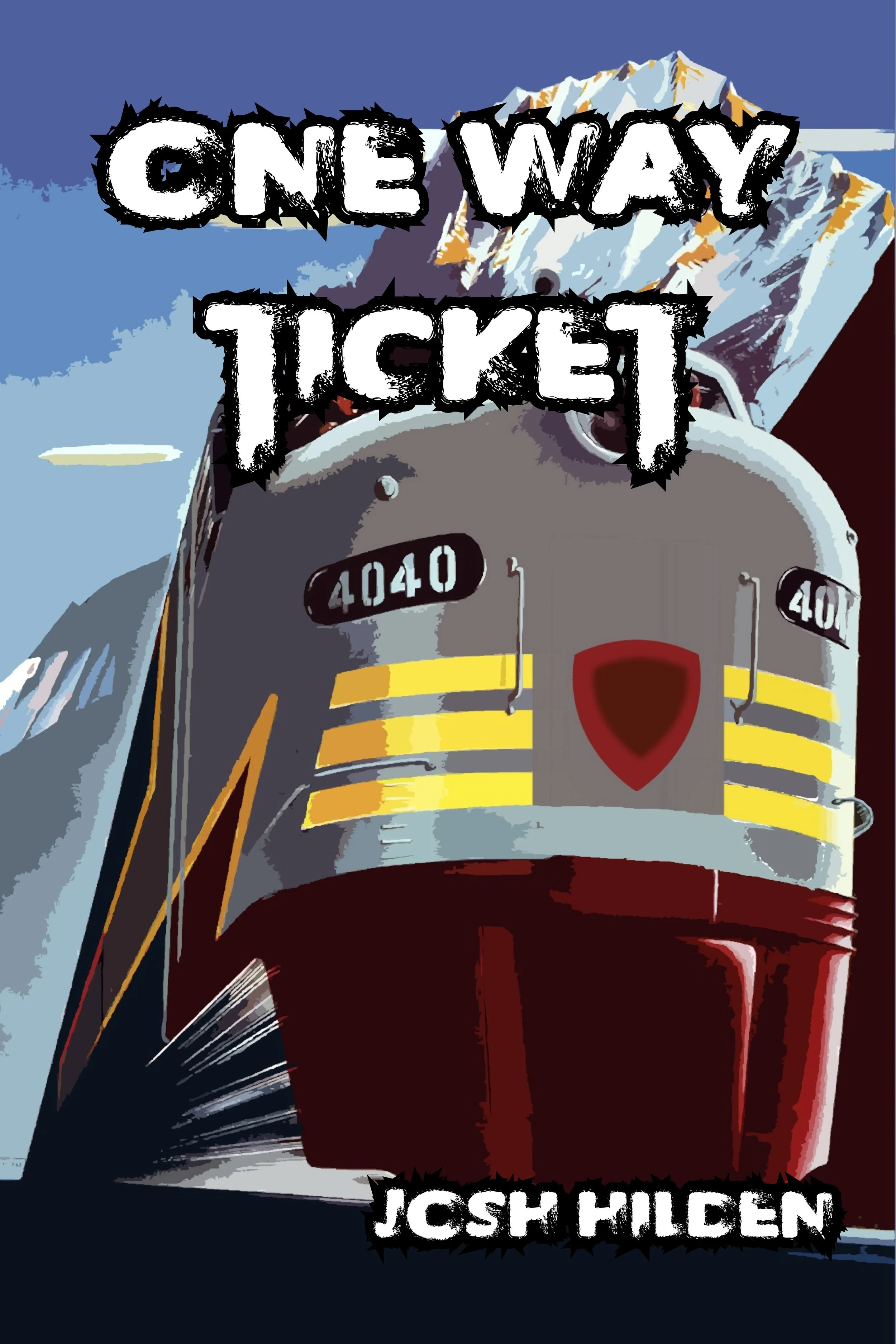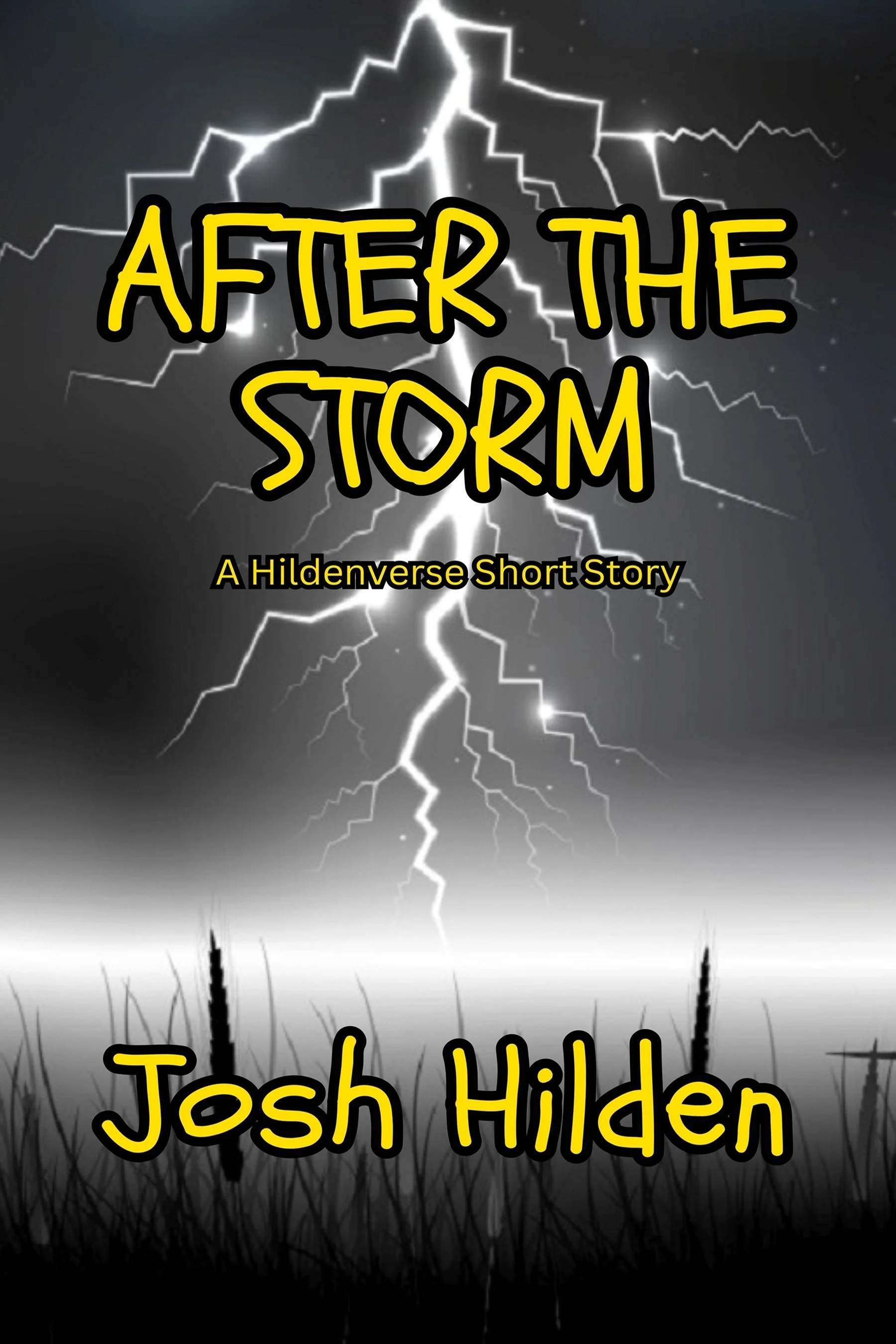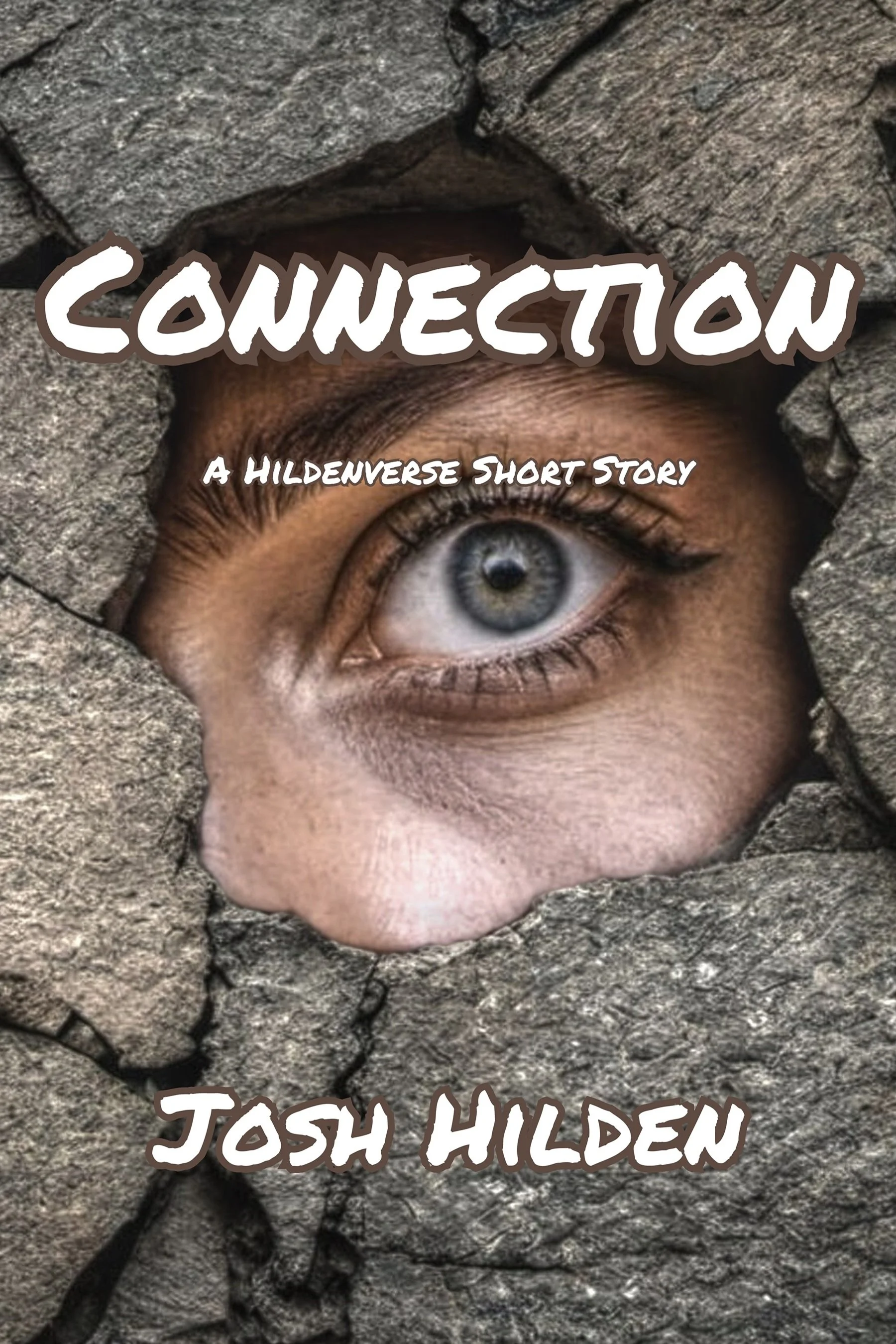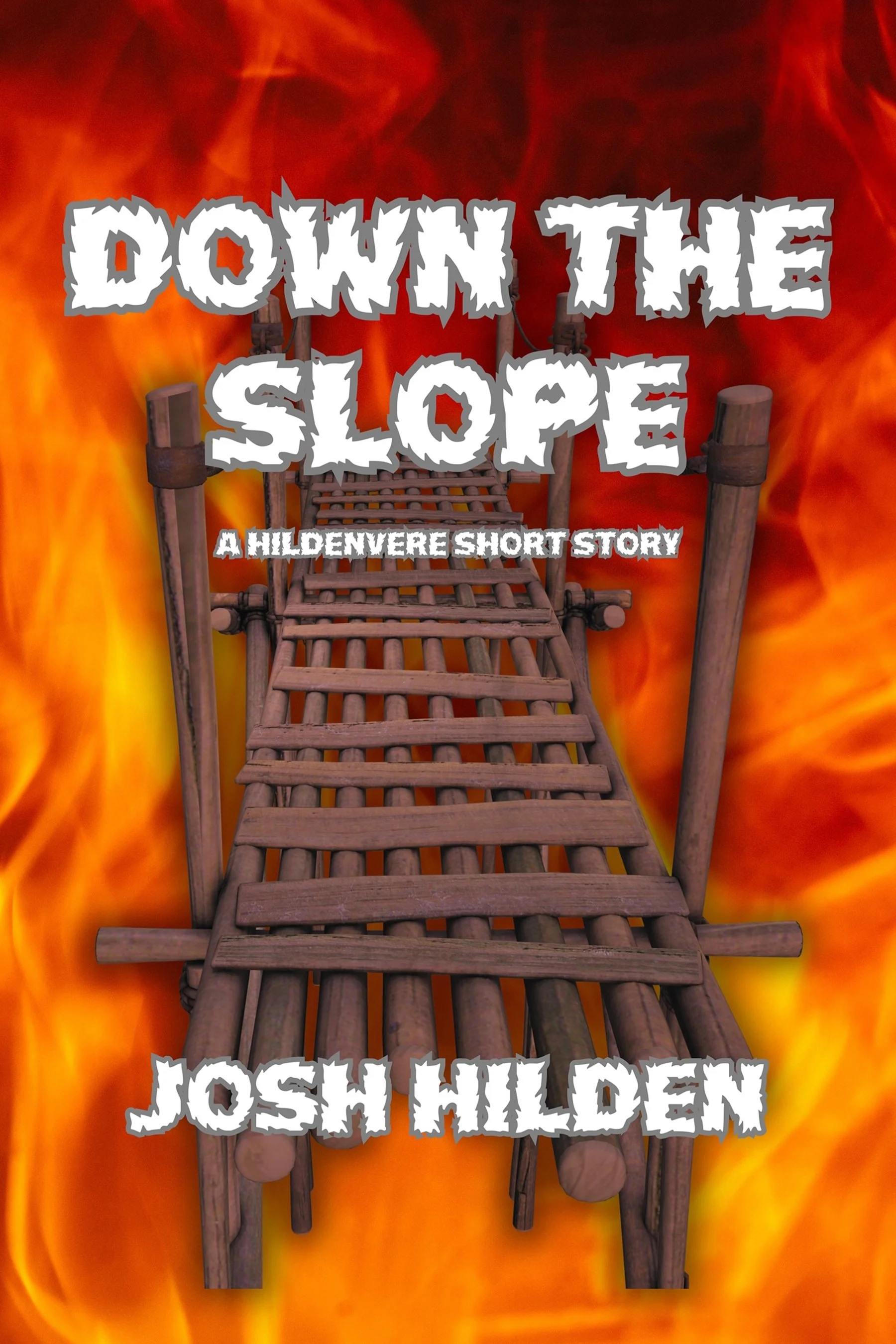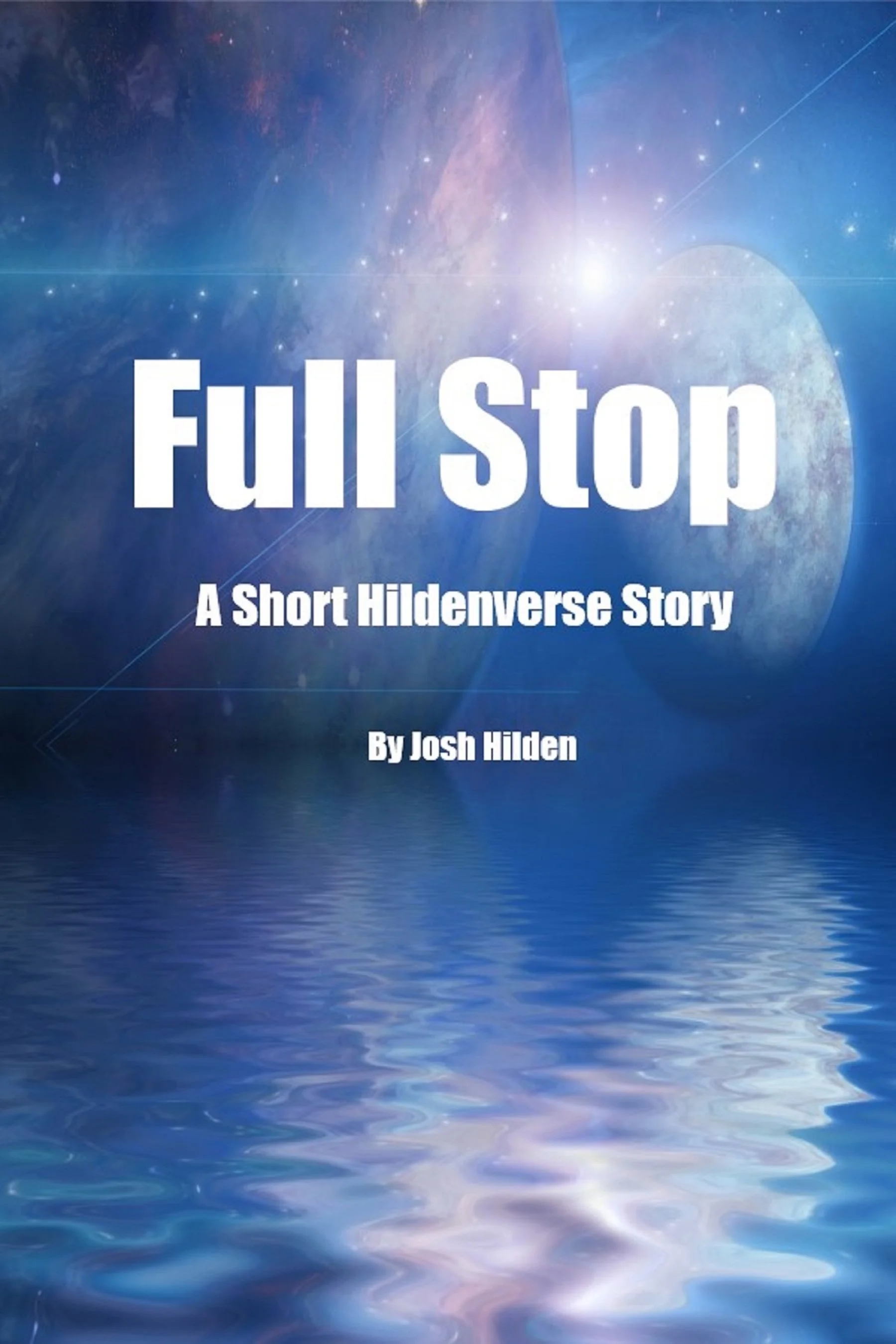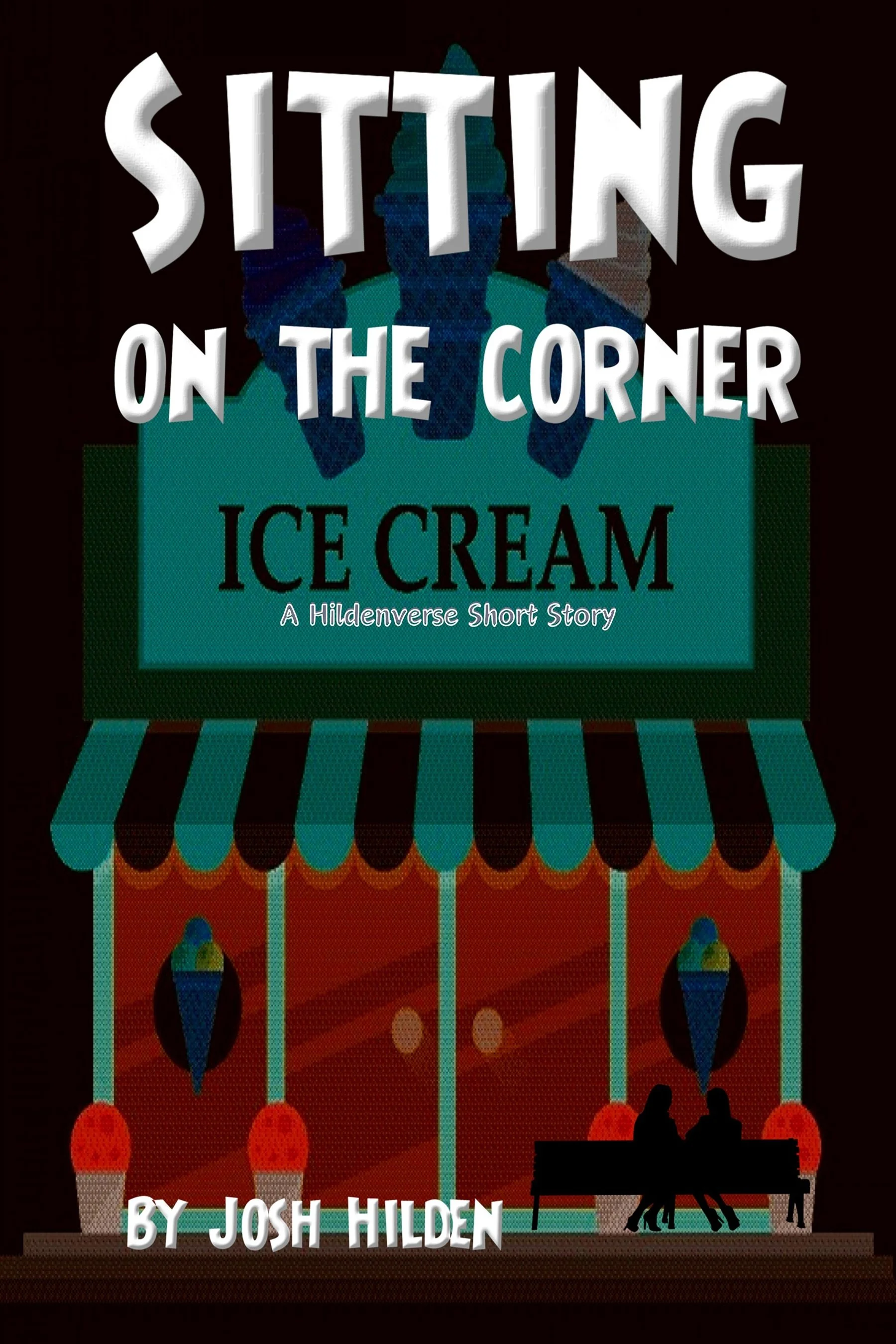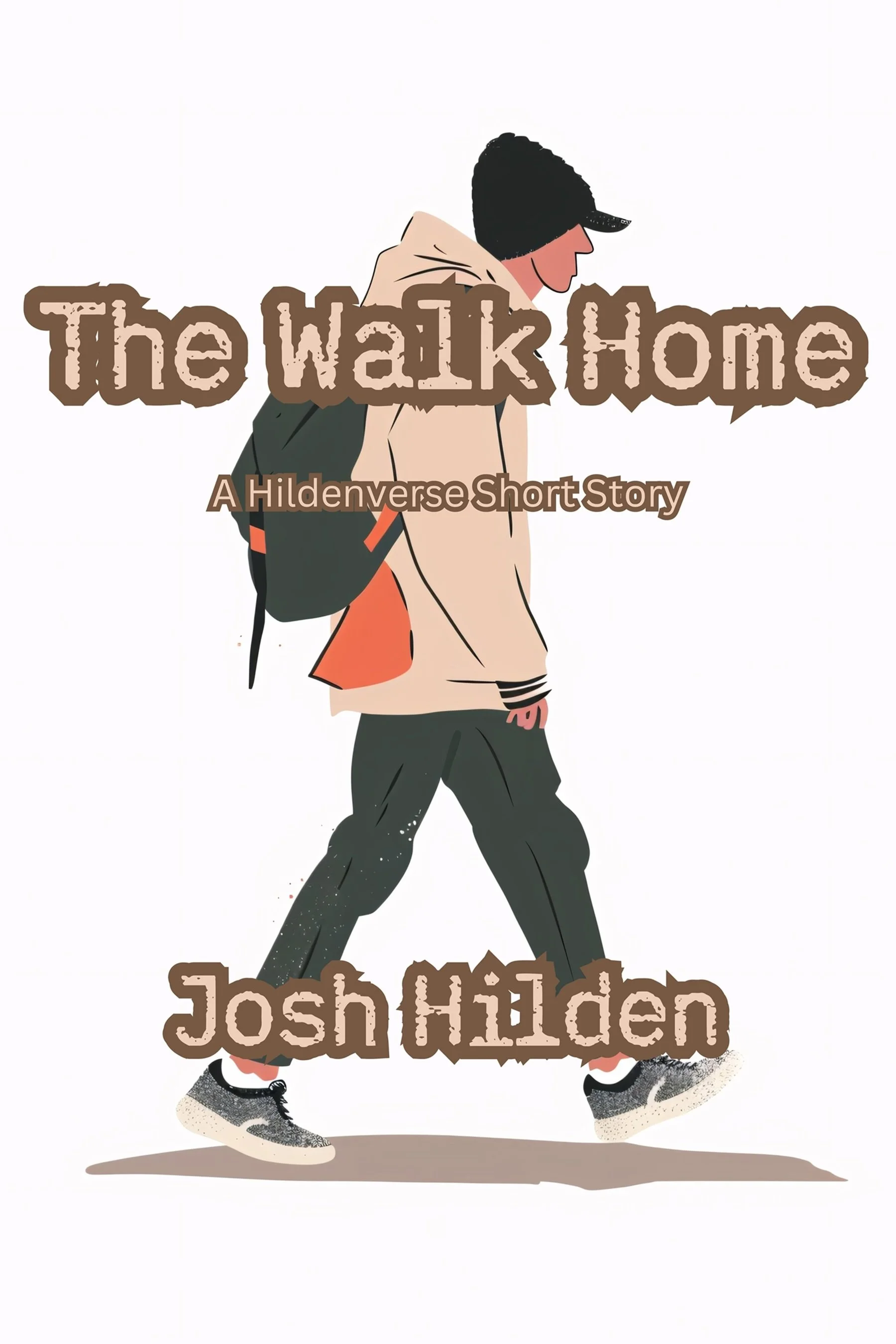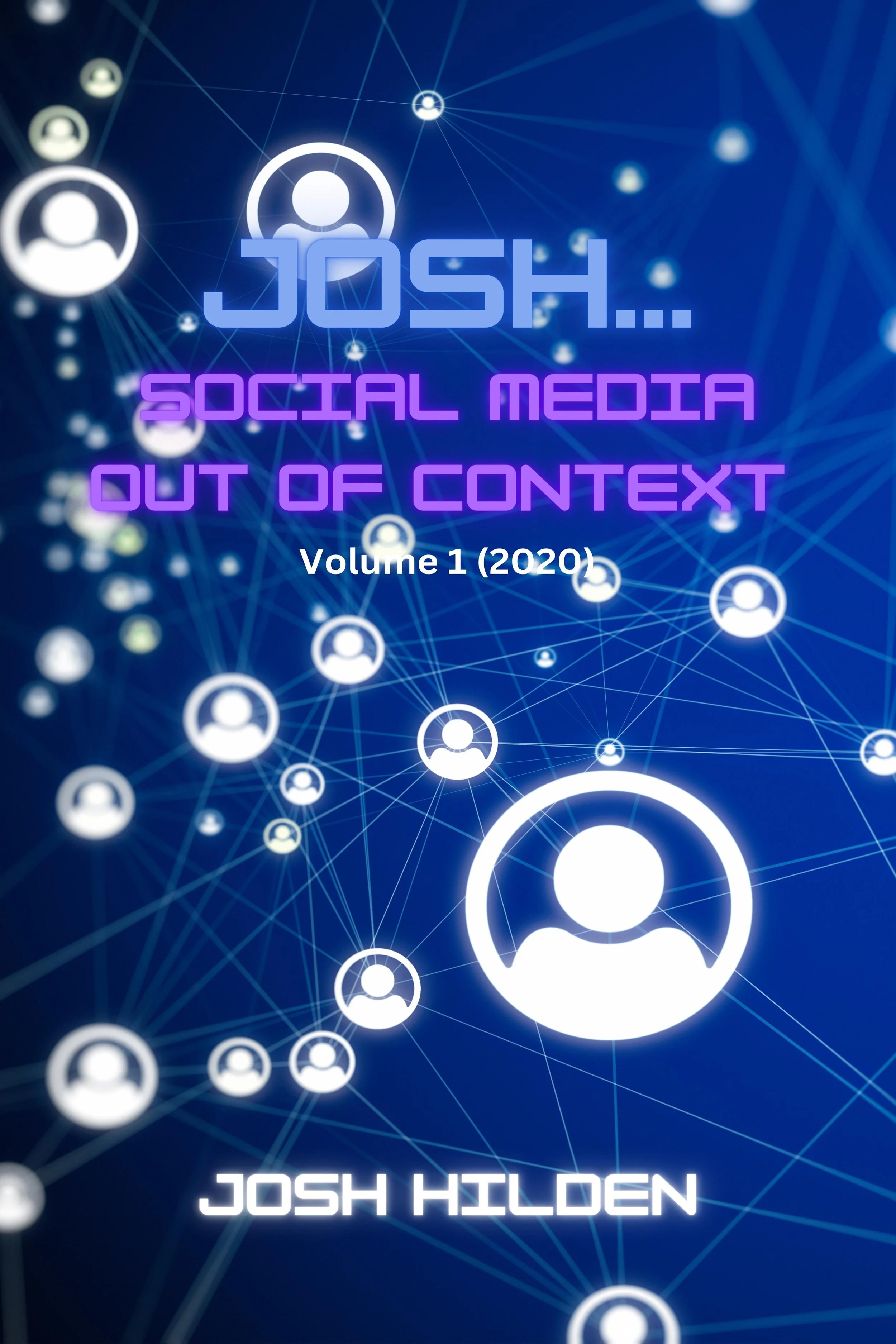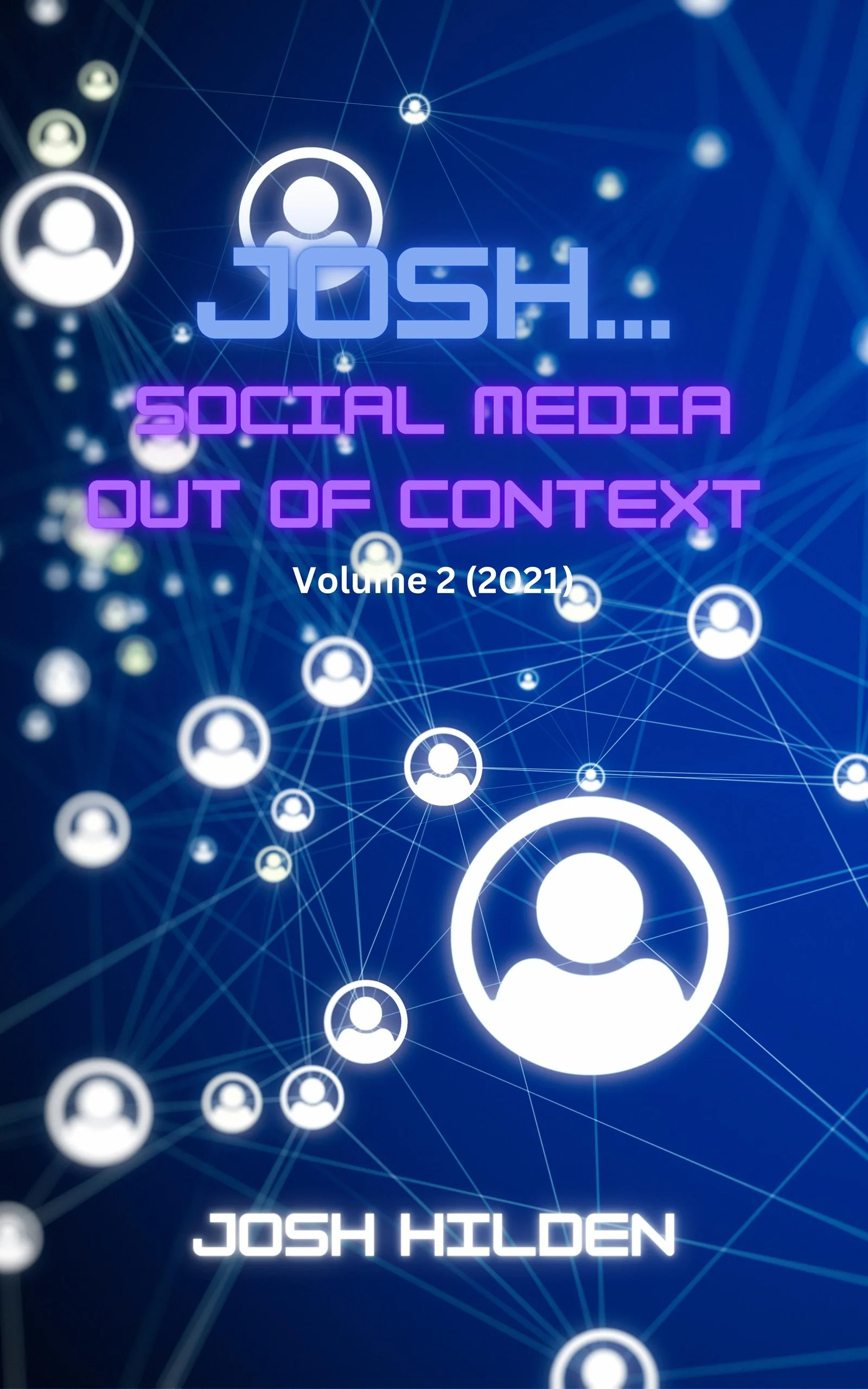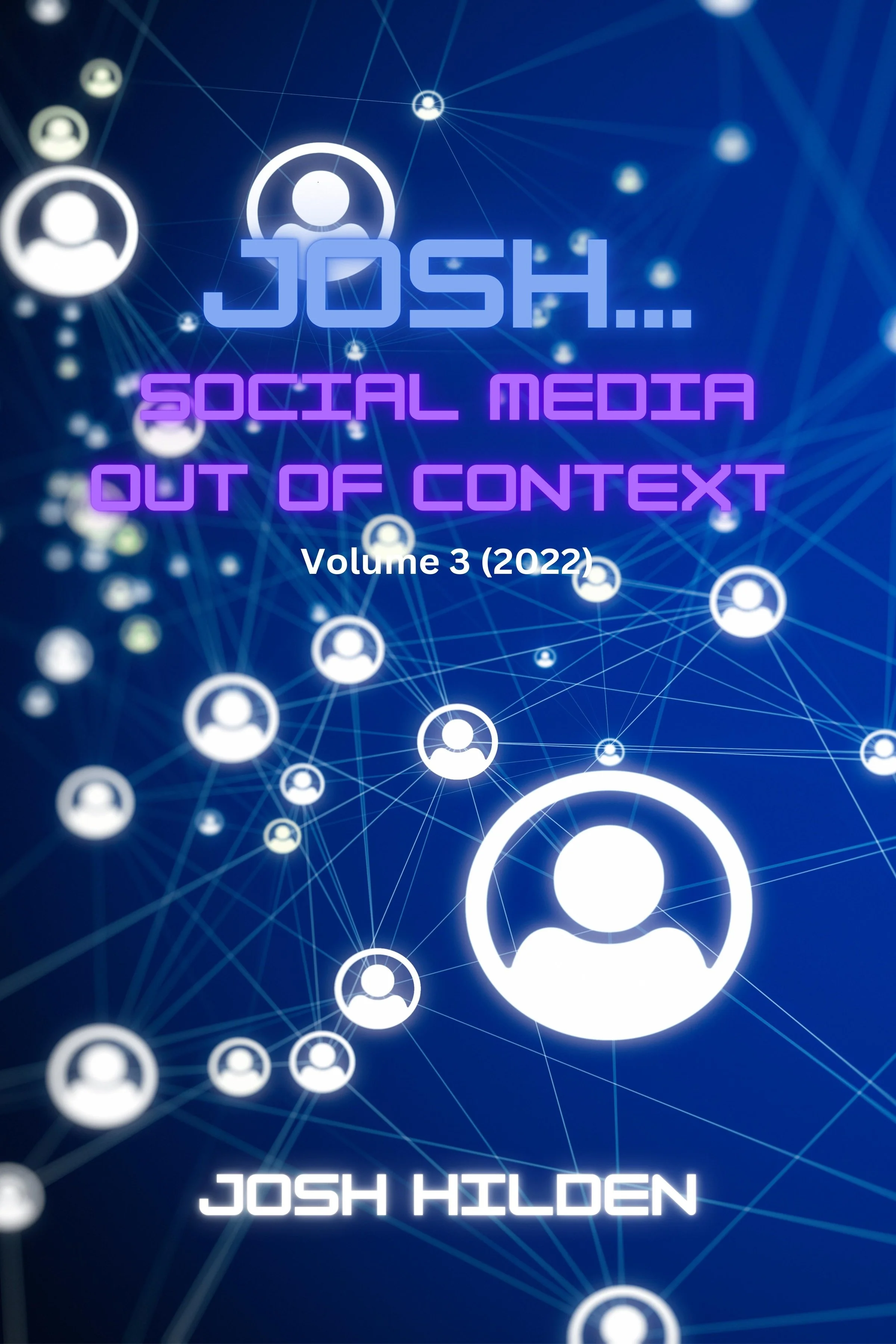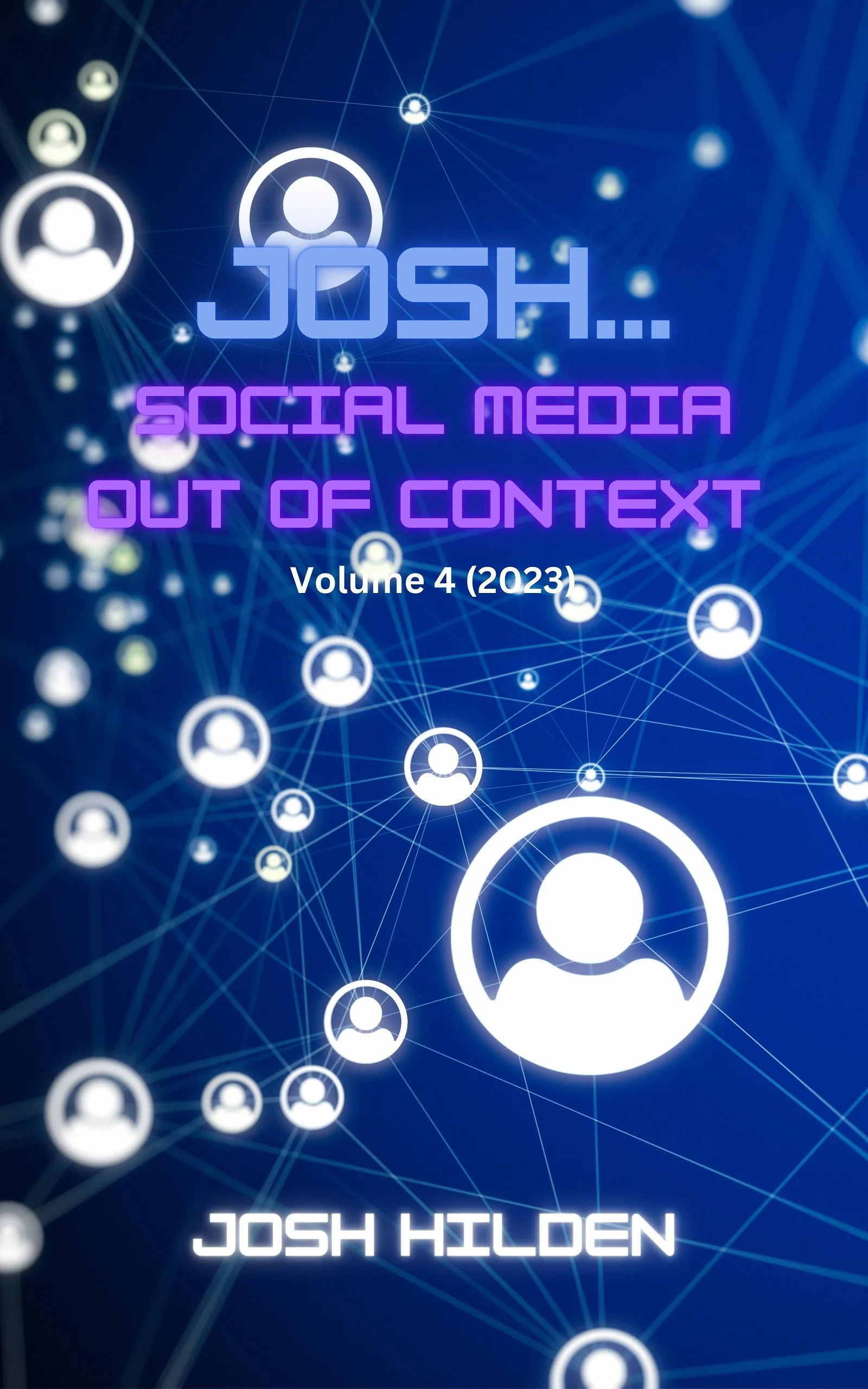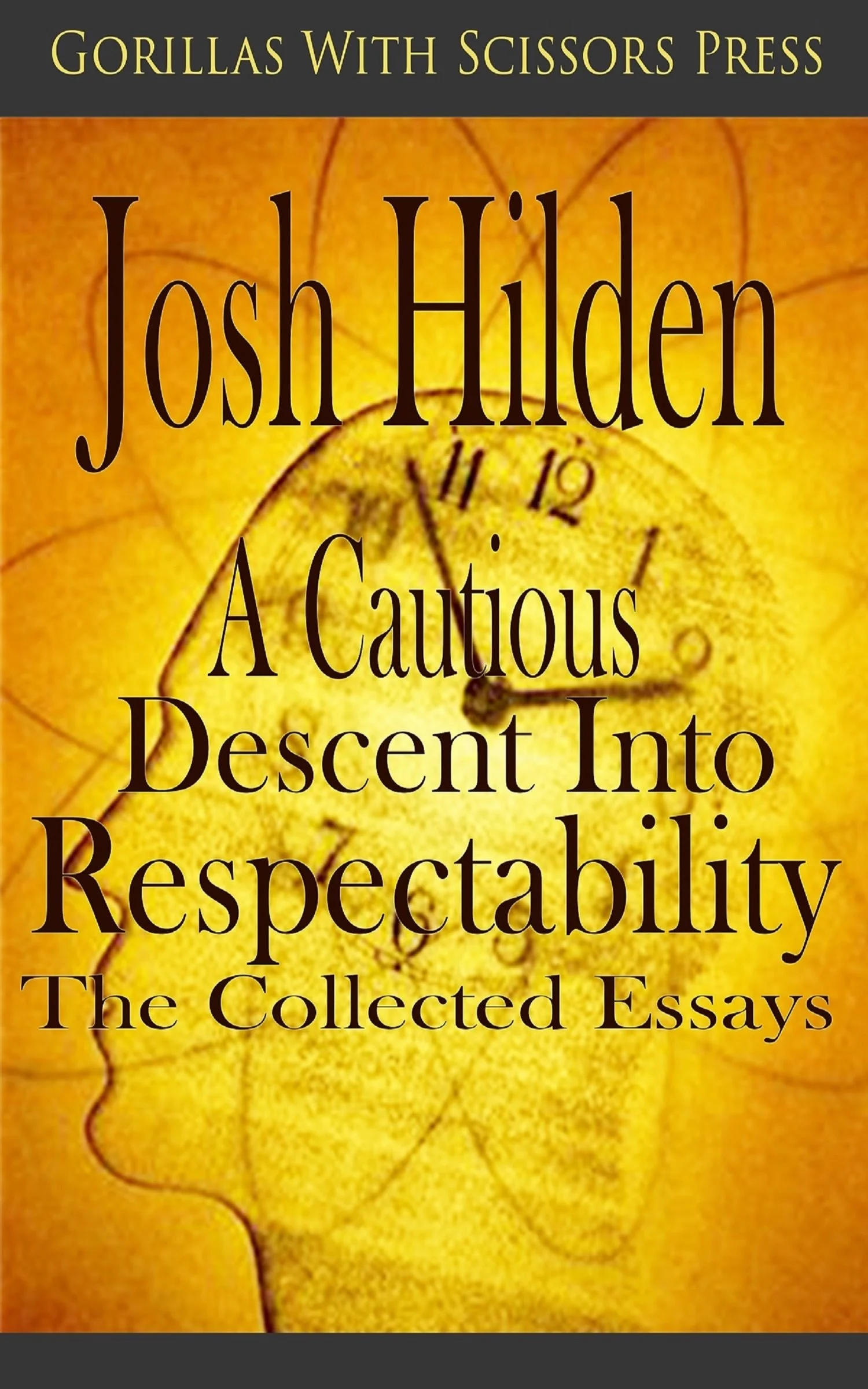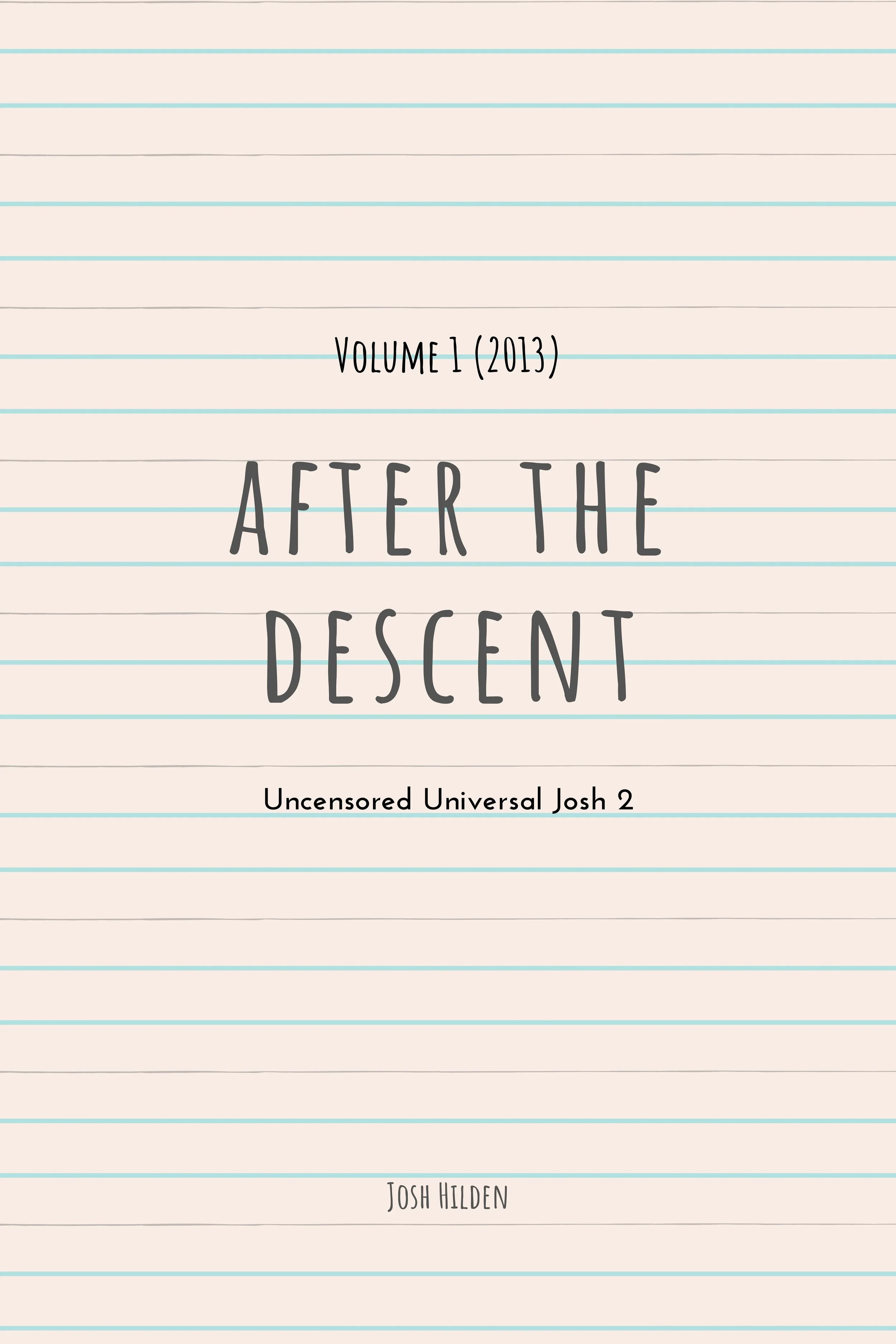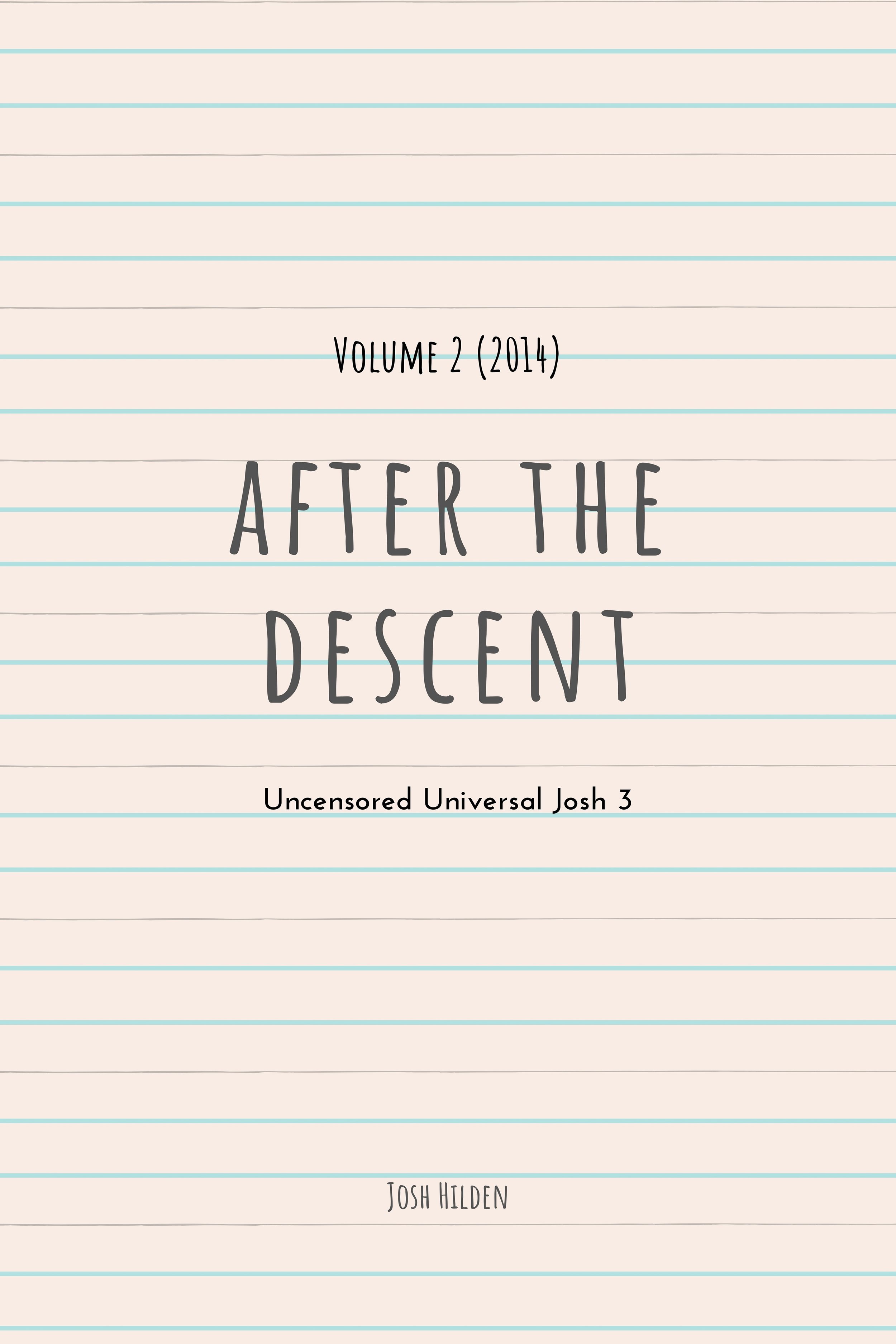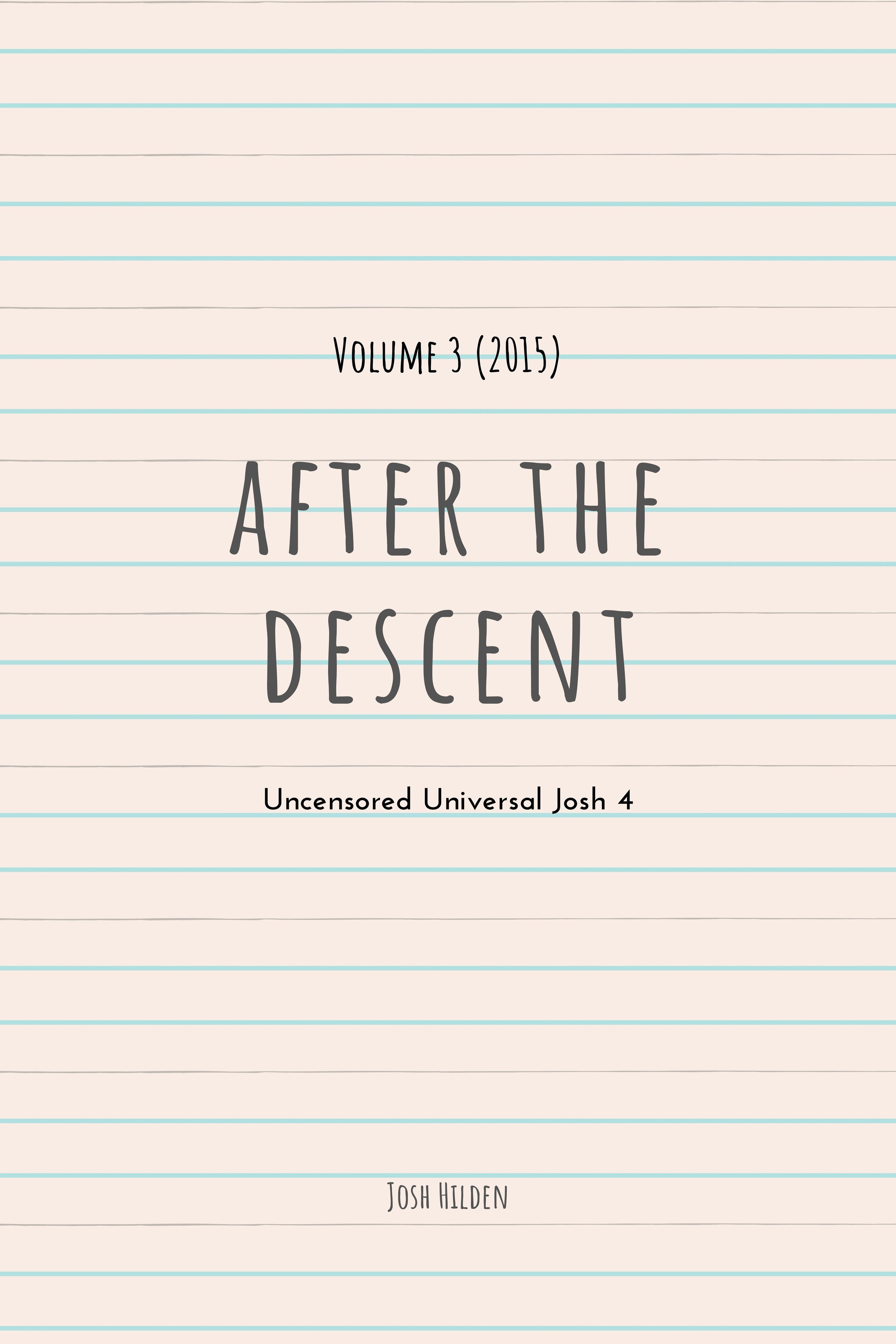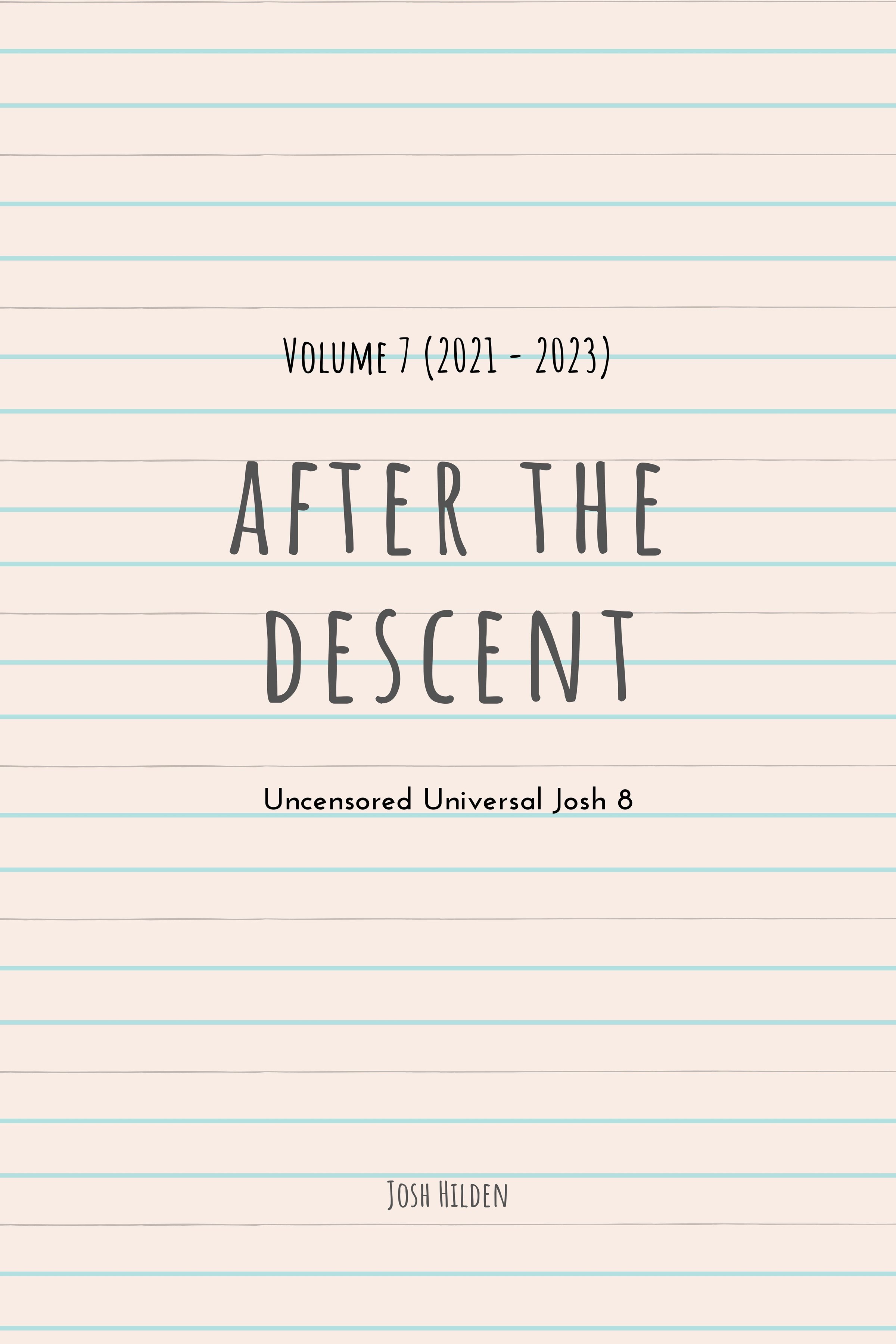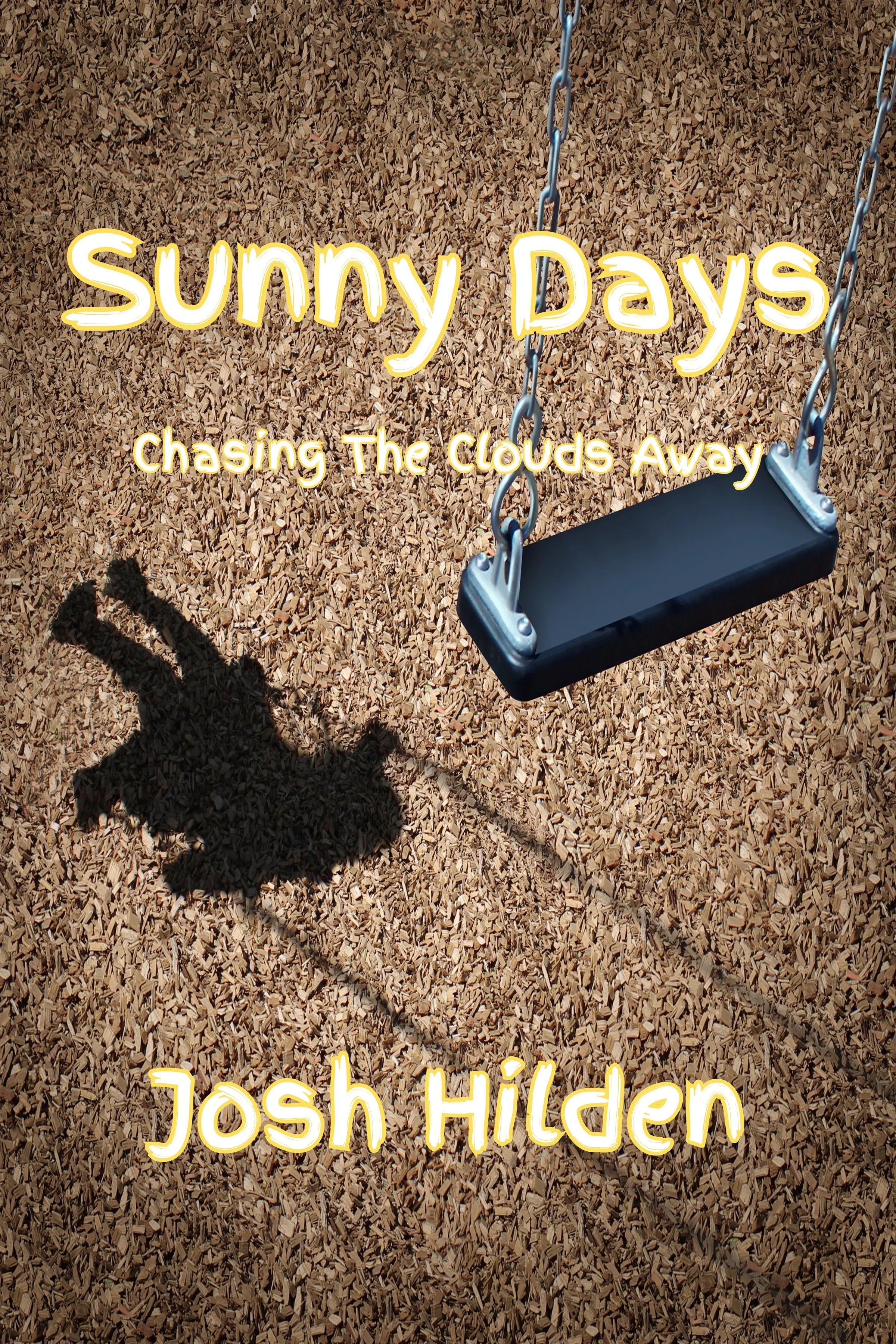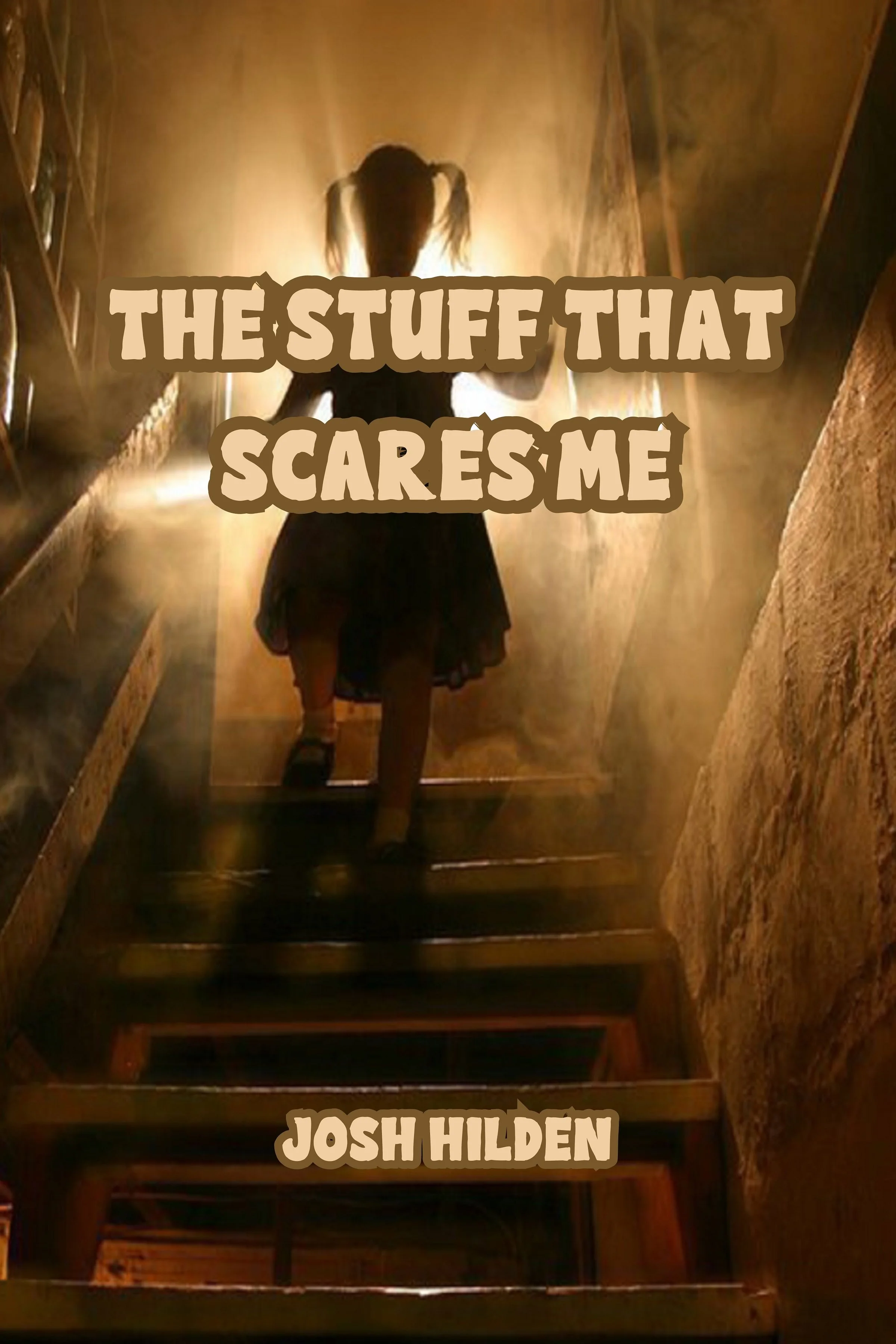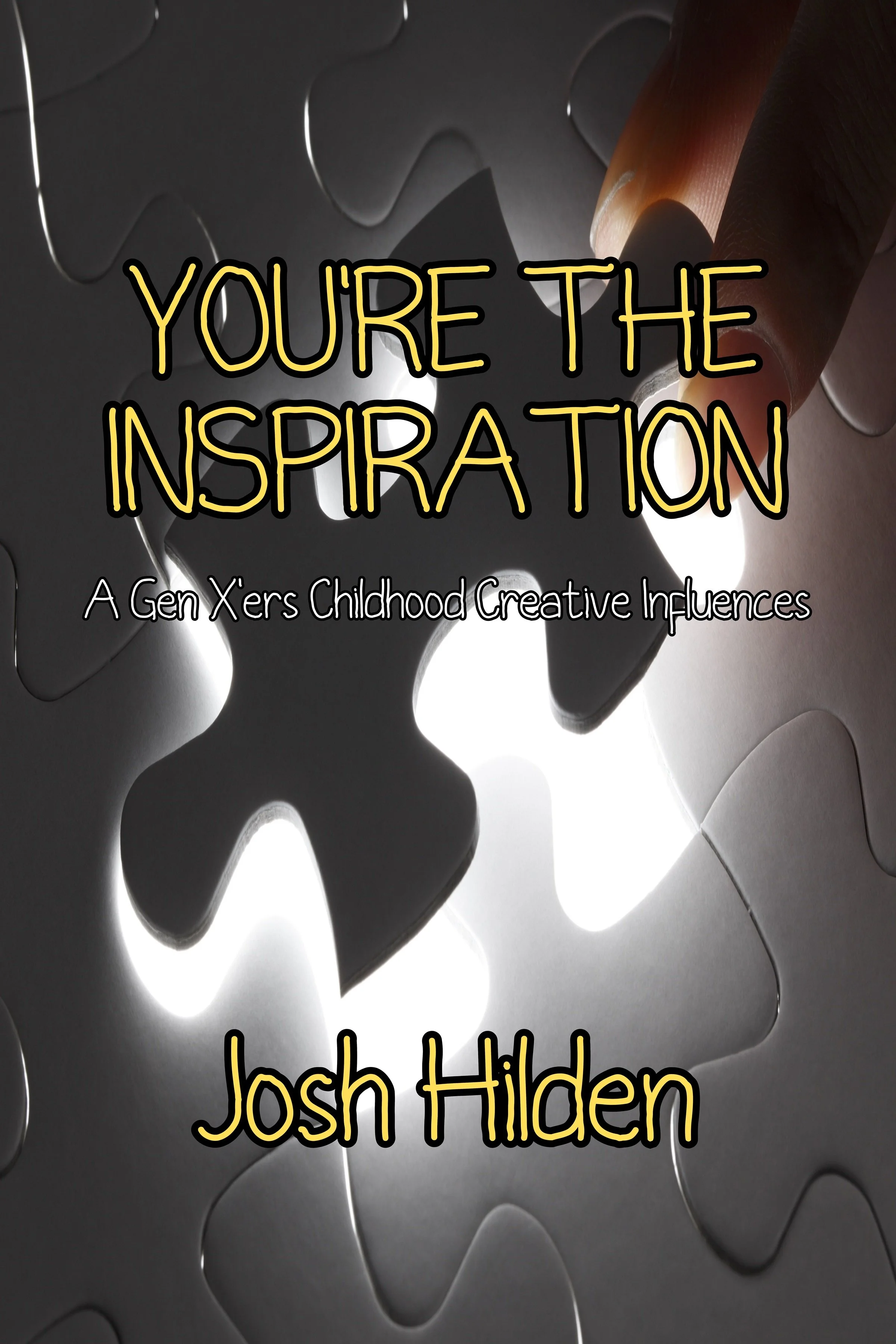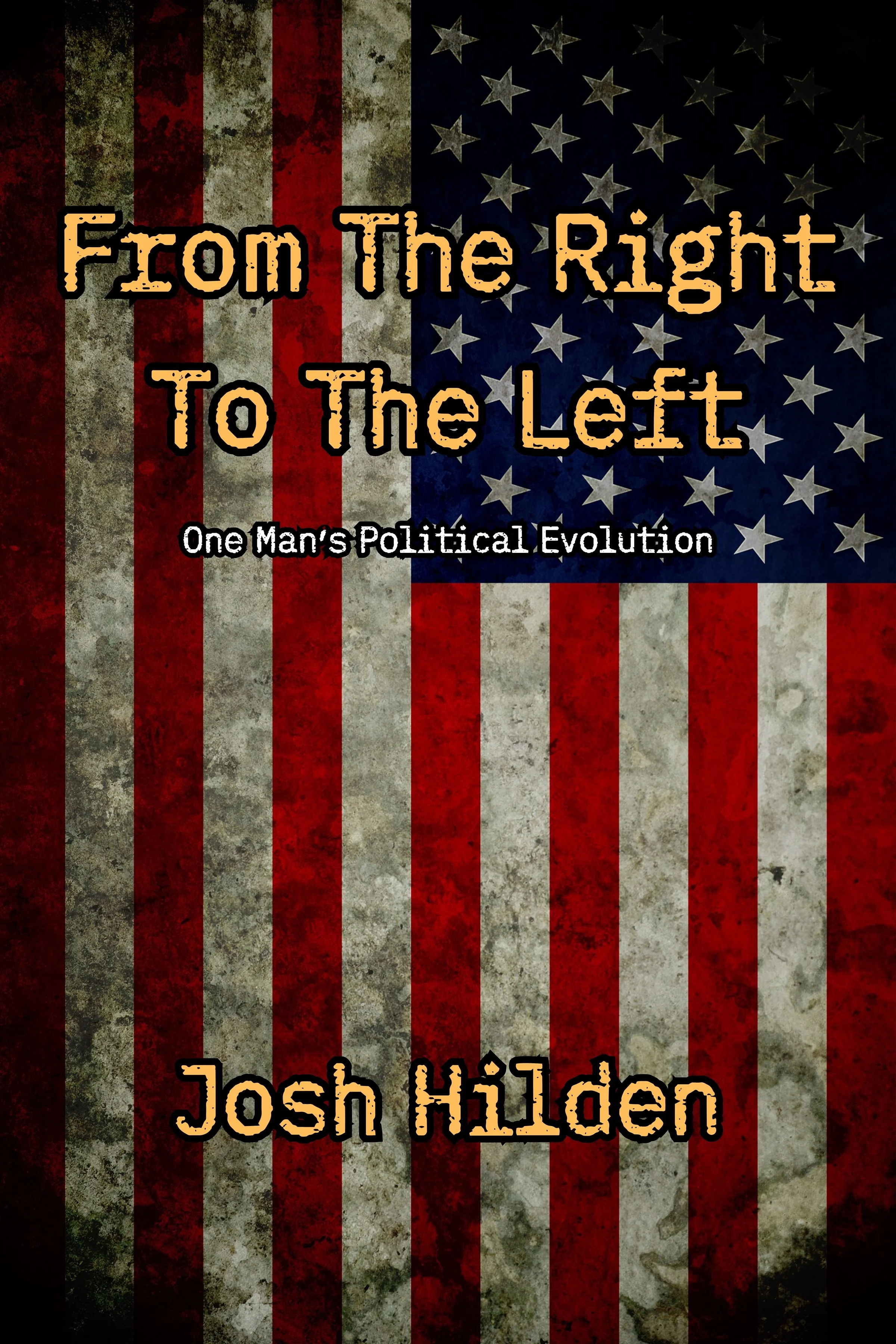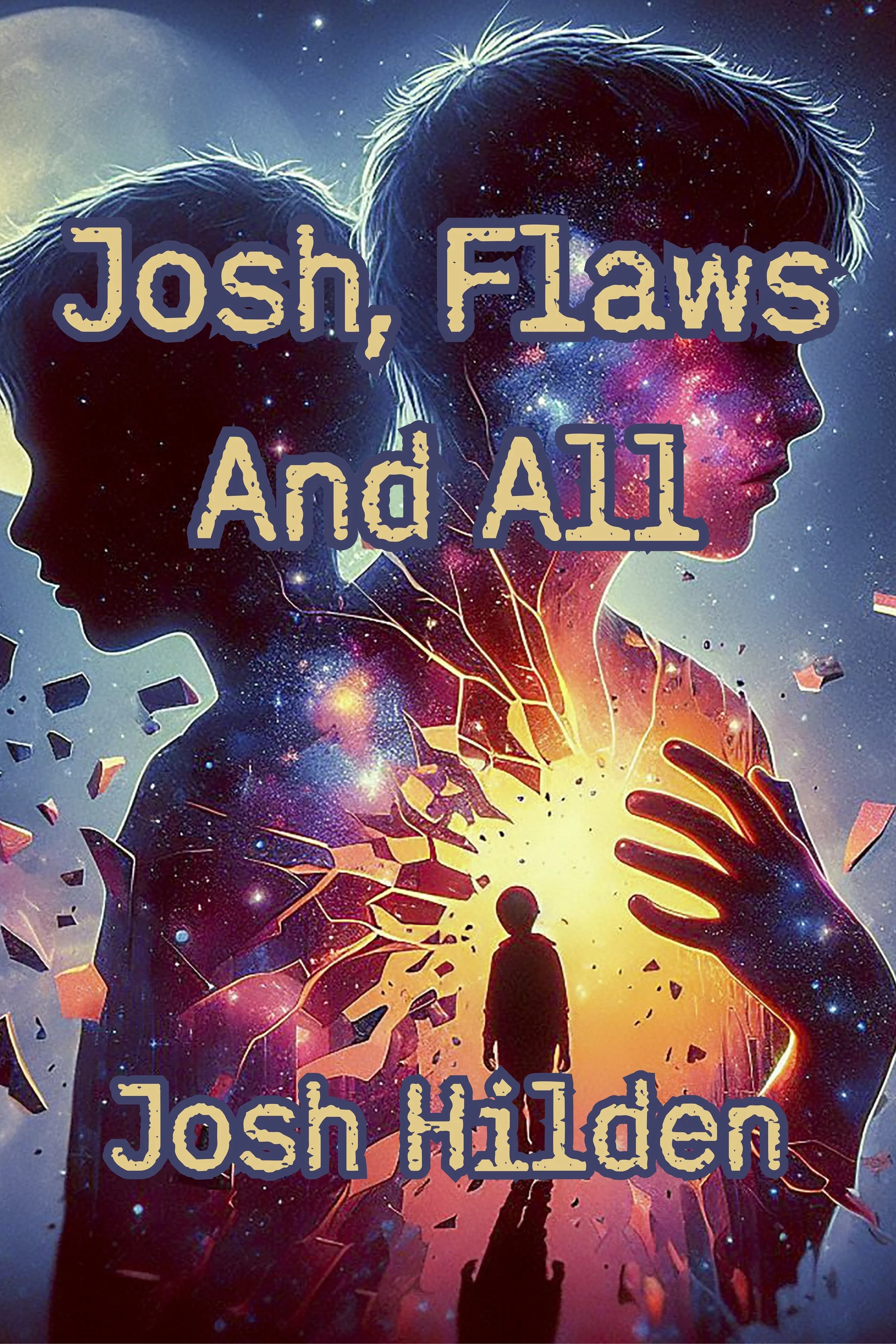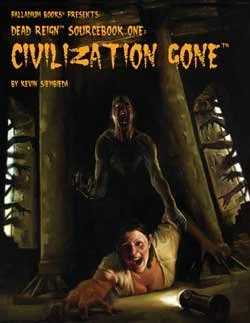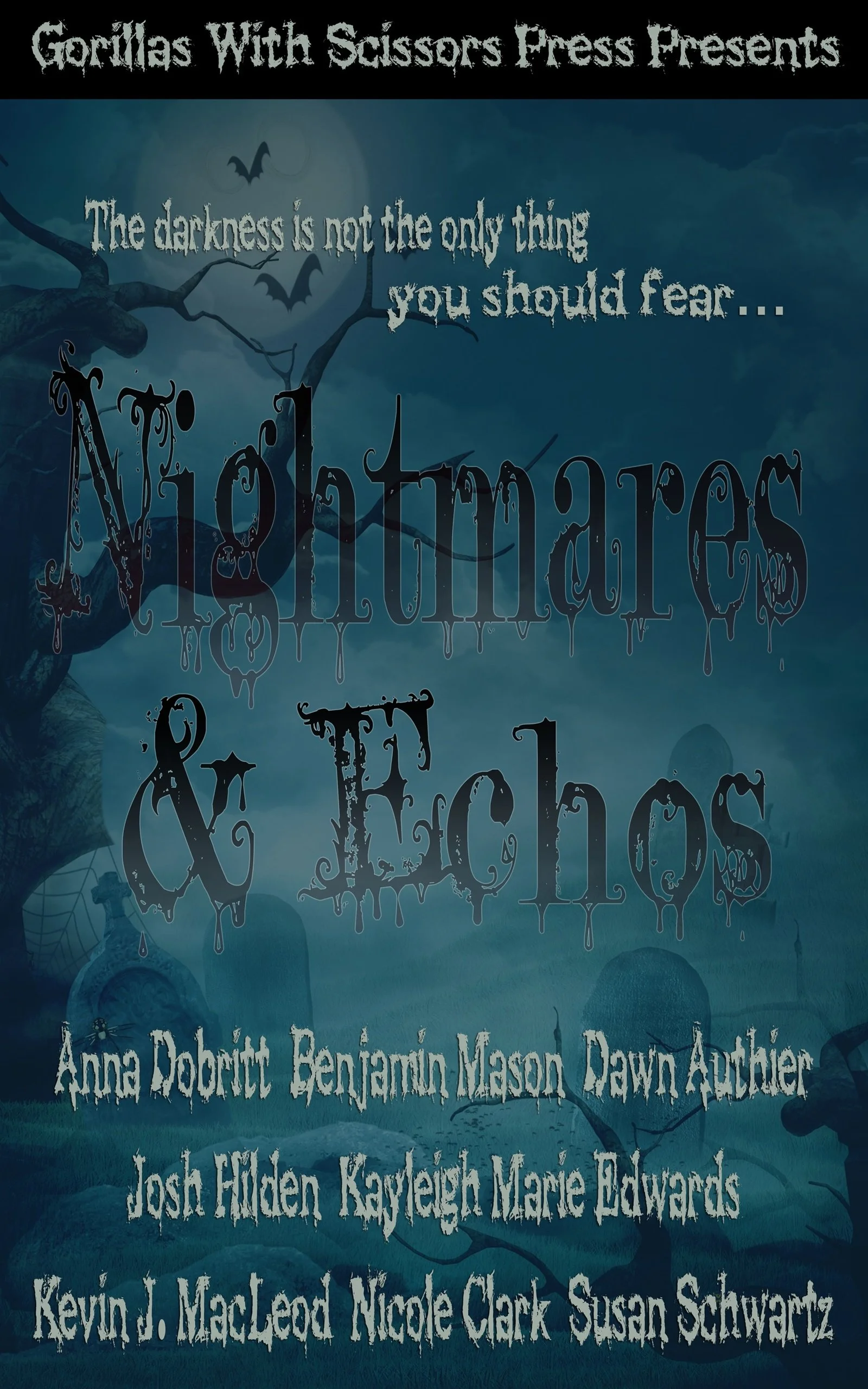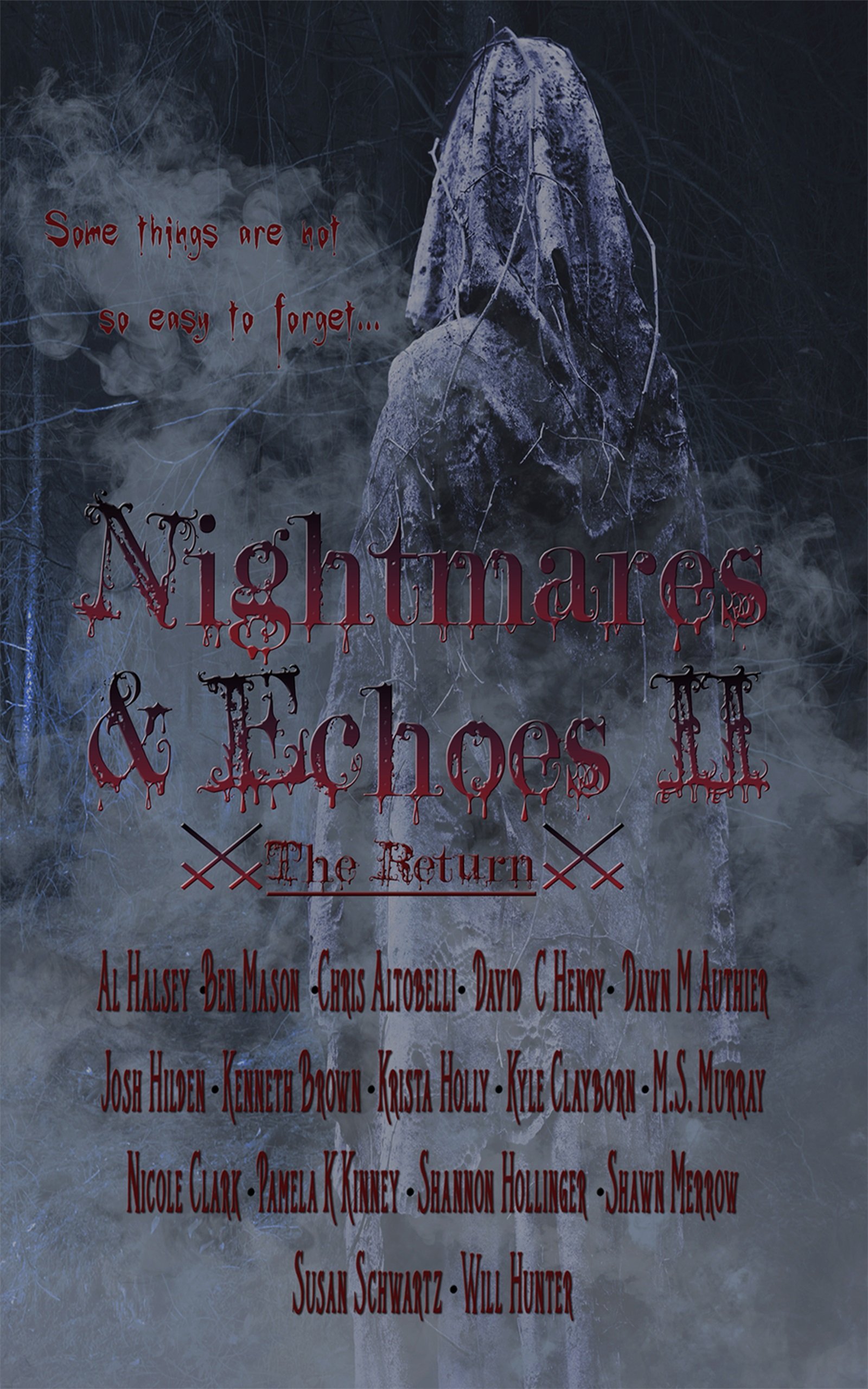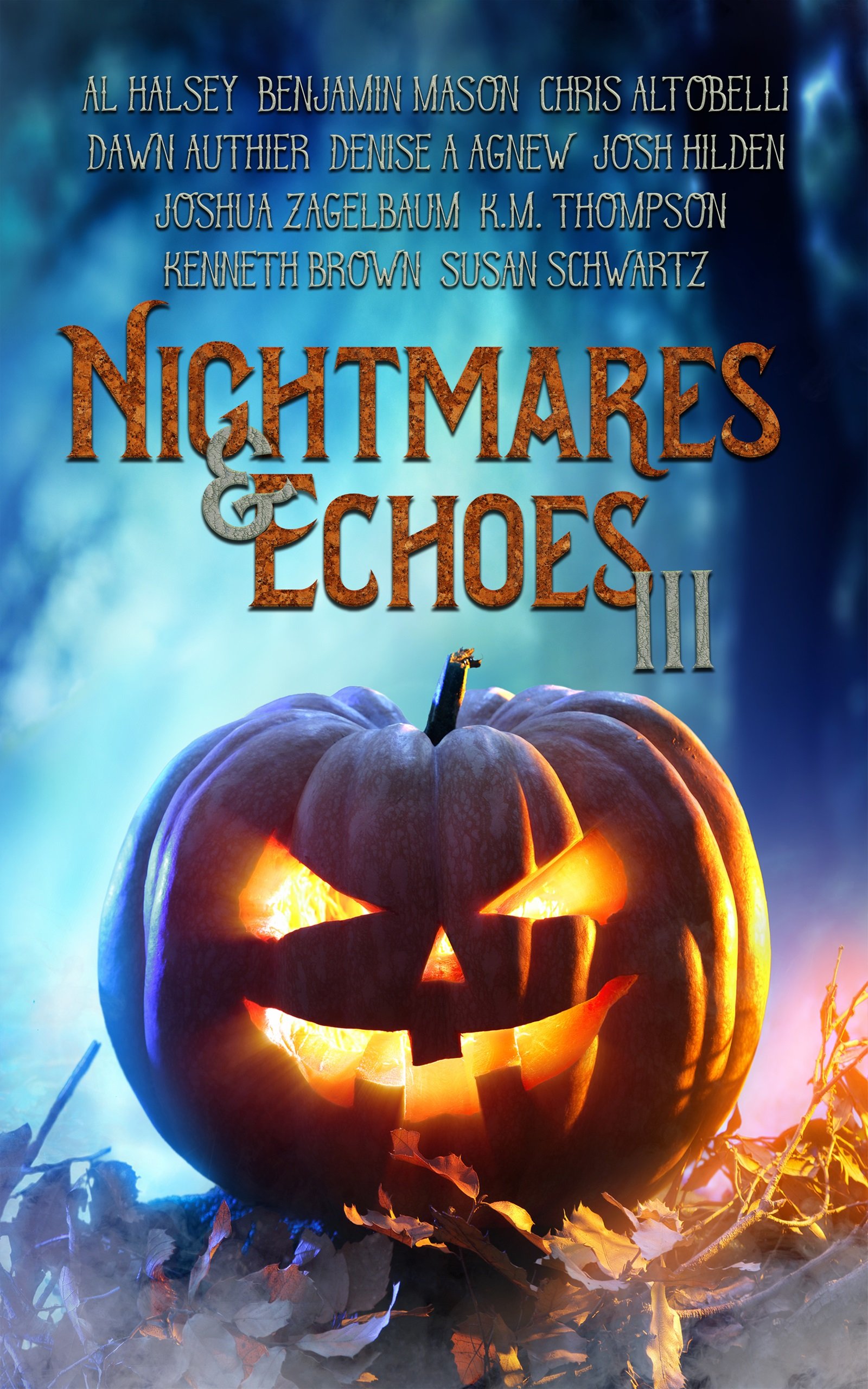Advice to New Writers Part 5: “And, But, Had, the Horrible Comma, the Majestic Ellipsis, and Wrangling the Second … and Third Drafts”
/I need to make a disclaimer before continuing this installment. I was reading through the first four installments of this series yesterday and made a shocking realization. I have not settled on what out fictional work is. So let me state for the record that all of this advice is posited on the assumption that you are writing a piece of long fiction (novella or novel).
Okay, moving on.
At this point in the process you have finished your rough draft and followed my rules about how to treat your initial reader. They have read the work cover to cover and are ready to give you their feedback. First off do not expect them to give you feedback on grammar and punctuation. Although it is excellent when your first reader is capable of this task it is really more appropriate to get those notes from Beta Readers and/or editors.
Sit down with your reader and talk about the book. For me my initial reader is always my fantastic wife Karen. She is straight forward, a good judge of what does and does not work in a story, and she knows how to tell me I am wrong without triggering my defenses and throwing me into fight mode.
Always an important thing.
We have a drink, maybe some food, and we break down the story. She tells me what she likes, what she doesn’t like, and what she would have preferred to have happened. It is a longish process and can take a couple of days.
Do I take all of her advice and suggestions?
Hell no! But I hear them all and consider each carefully before I either incorporate them or pitch them into the discard pile. Remember you are the writer and even if it sounds conceited and a bit trite you need to remain true to your story and your voice. If what you want to do is simply write what people, even people you love and respect, tell then maybe you should consider moving to Hollywood and writing commercial scripts. I am not going to beat you over the head with this but I really need you to understand something.
“If someone tells you they don’t like something you write it does not mean it is bad or wrong. All it means is they didn’t like it and that is okay!”
Consider all real suggestions from people who read your work and realize that sometimes people have better ideas and more skills than you. But never assume that that some is right and you are wrong just because they are loud and forceful.
Okay, enough of that. Let us get back to your work.
You have the notes from your initial reader and you also have the inevitable head full of ideas and changes you have assembled on your own. You have returned to your comfortable chair. You are sitting in your favorite writing area. And you have a tasty beverage next to you computer.
Be careful not to spill it.
It is now the time to do the rewrites.
I will state right up front that when I was a new writer I hated the rewriting process. To me it was like a Nazi Sniper trying to destroy my work. I mean hey, I am the writer and everything I write is just this side of perfection. There is surely no need to rewrite the work. All I need to do is proof it and send it to an editor or to beta readers who will put that final polish on it. Let us restate something from last installment.
ALL ROUGH DRAFTS SUCK!
The first time I forced myself to do a serious rewrite, and man I fucking mean I FORCED myself like a prison bitch, was after Palladium. I was working Freelance for Third Eye Games and I had received the “Blue Copy” from my editor (we will discuss dealing with editors and the Blue Copy later). I was happy that he liked what I had written in the first draft but was downtrodden at the idea of going back over the 25,000 words line by line and making fixes.
I forced myself to do it.
You know what I realized when I had finished the rewriting process? I actually kind of enjoyed it. I think it’s what a jeweler feels as he/she cuts and polishes a precious stone. It felt almost as good as finishing the work in the first place.
It was as good as the best sex.
Approach the second draft, and third if needed, like starting the book over. If something reads off to you during the process then it probably needs to go or be reworked. It has to read right to you and it is hard for one writer to tell another how to rewrite. Well it’s not hard but most writers who do it are really pretentious douche bags in my not so humble opinion. That being said I will be a minor douche bag and give you a list of things I keep in mind when rewriting.
Omit Needless Words. Stephen King hammers this on in his book “On Writing” and free admits he learned it from “The Elements of Style” If you want to be a writer I suggest you read these books, they are tow of the best books about writing I have ever read
Cut the words HAD, AND, and BUT as much as possible. Many writers use these words way too much. I am one of the worst offenders I know of this sin. Kill them as much as possible in your manuscript and for the love of whatever god you believe in start as few sentences with these words as possible
The Coma and the Ellipsis are NOT your friends. I have a tendency to abuse these humble pieces of punctuation like a horrible 18th century slaver. Are they needed? Yes! Can they be overused and make you work read like the work of an epileptic serial killer? Hell yes! Kill them when you can, they are like hot peppers and should be used sparingly
The Fragment and Run-On Sentence are Crack! Both the fragment sentence and the run-on sentence happen there is no stopping it. Sometimes they add punch to the narrative but more often they speak to sloppy writing, and yes my work is stiff with both. Kill as many of them as you can in the rewrite
Beware of Continuity. As you are rewriting make sure all of your people, places, and times are consistent throughout the tale. Few things will throw a reader out of a story like a fucked up location or character name
HAVE FUN! Seriously you are an artist and this is your craft, fucking enjoy it and don’t take it so gods damned seriously!
Now you have finished your rewrites and self edits and you are faced with a choice. Do you find an Independent Editor to go through your book or do you employ Beta Readers?
Some of you may be screaming, “No Josh you shop it to agents and publishers next!”
WRONG WRONG WRONG!
Okay maybe you could be right if you want to go about things traditionally. I am an Indie Writer and I doubt I will ever be anything else, I may one day be a hybrid writer but part of me will always be Indie as fuck!
So next time we talk editors/beta readers! Now go write something and have some fucking fun.
- Josh
